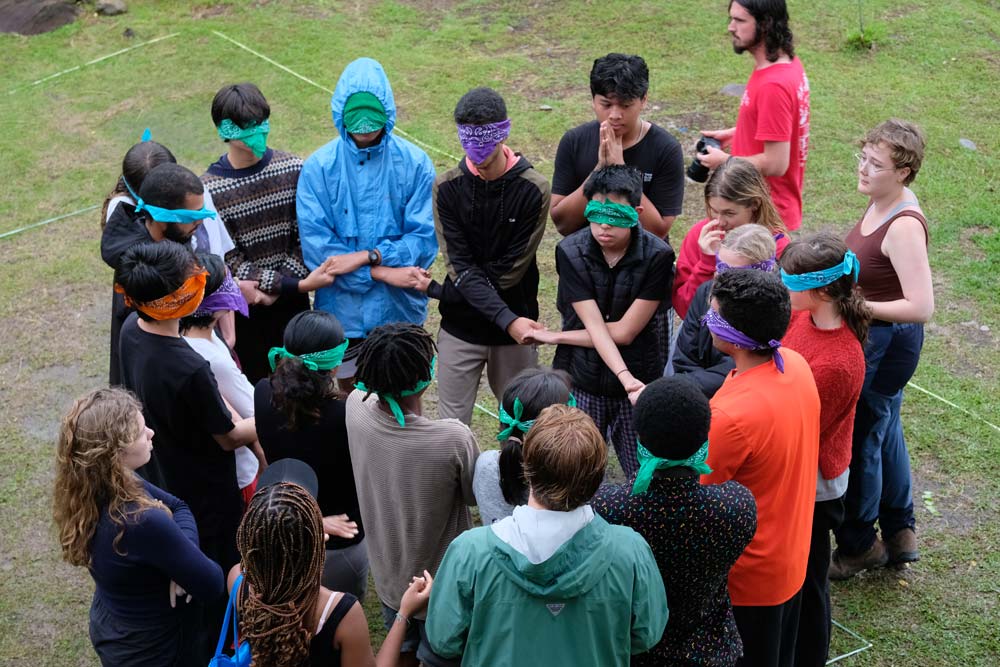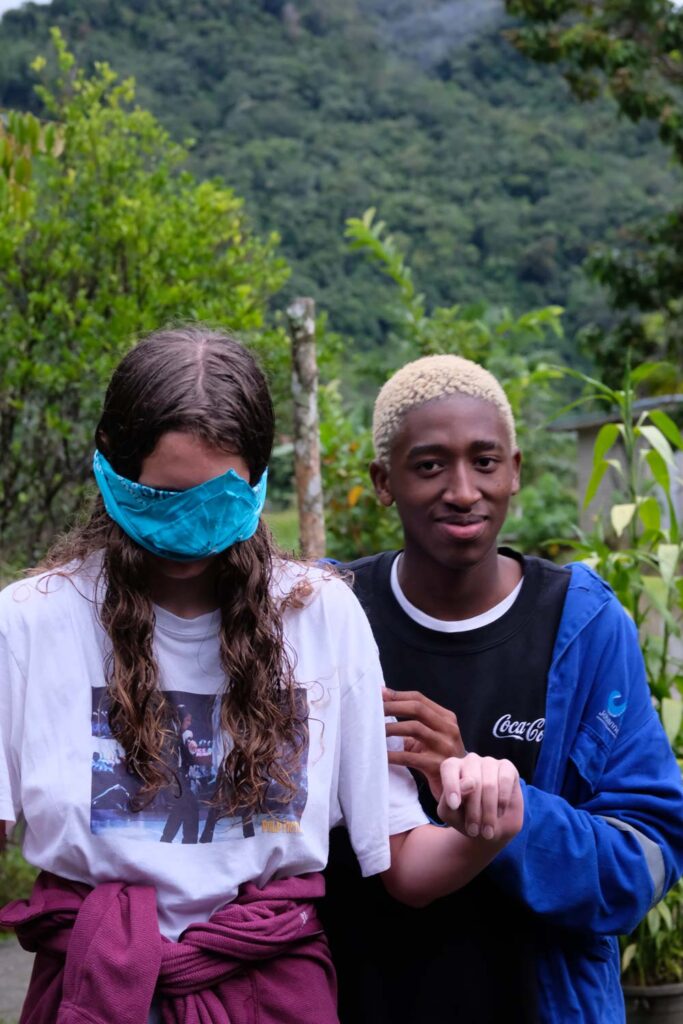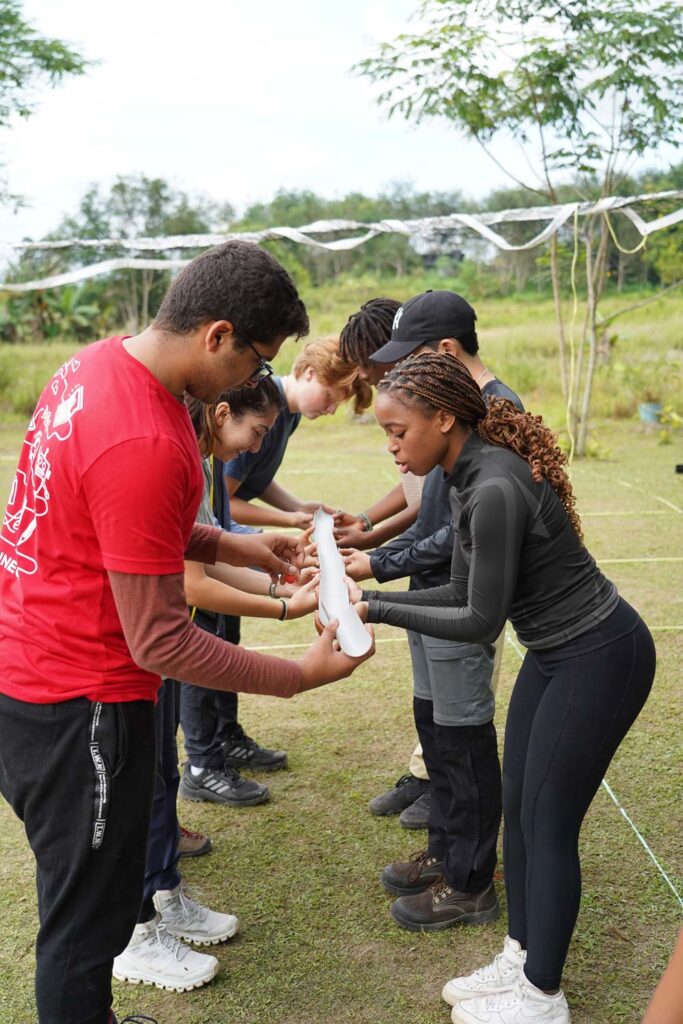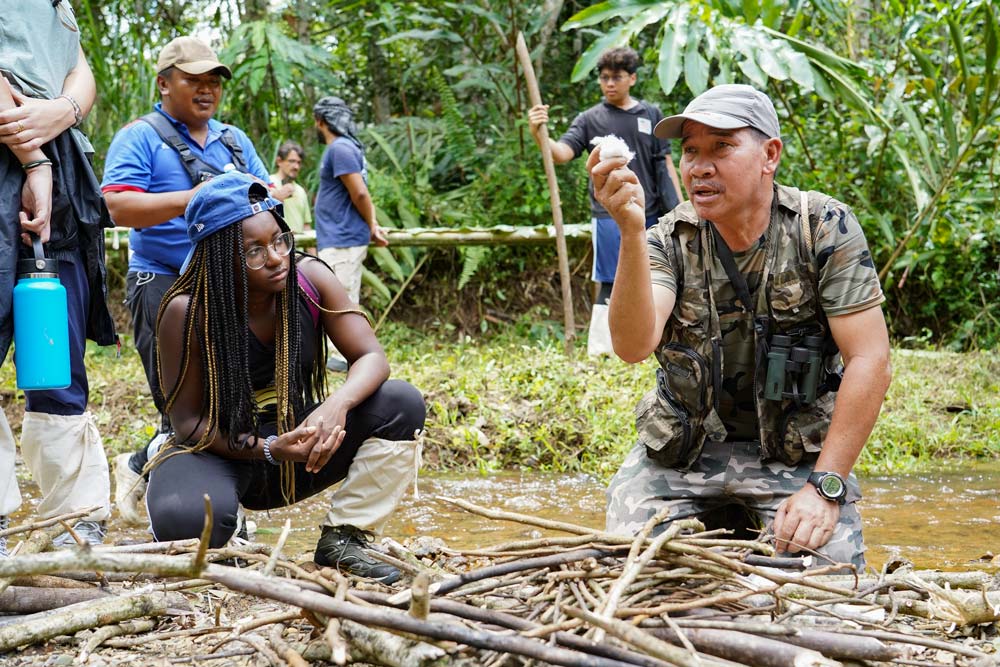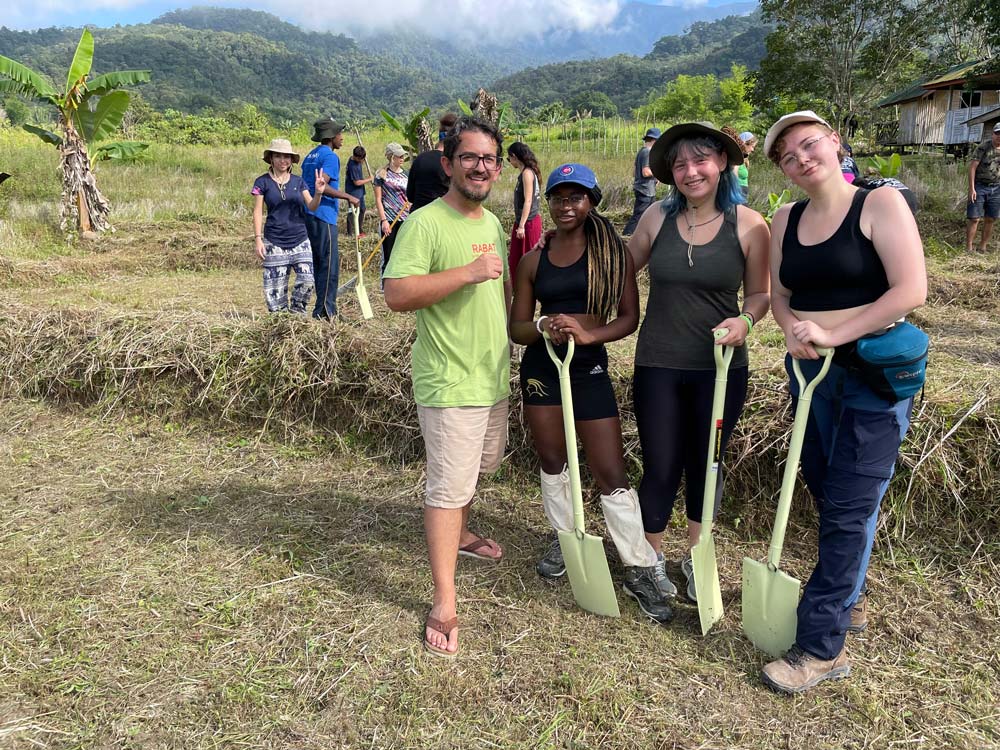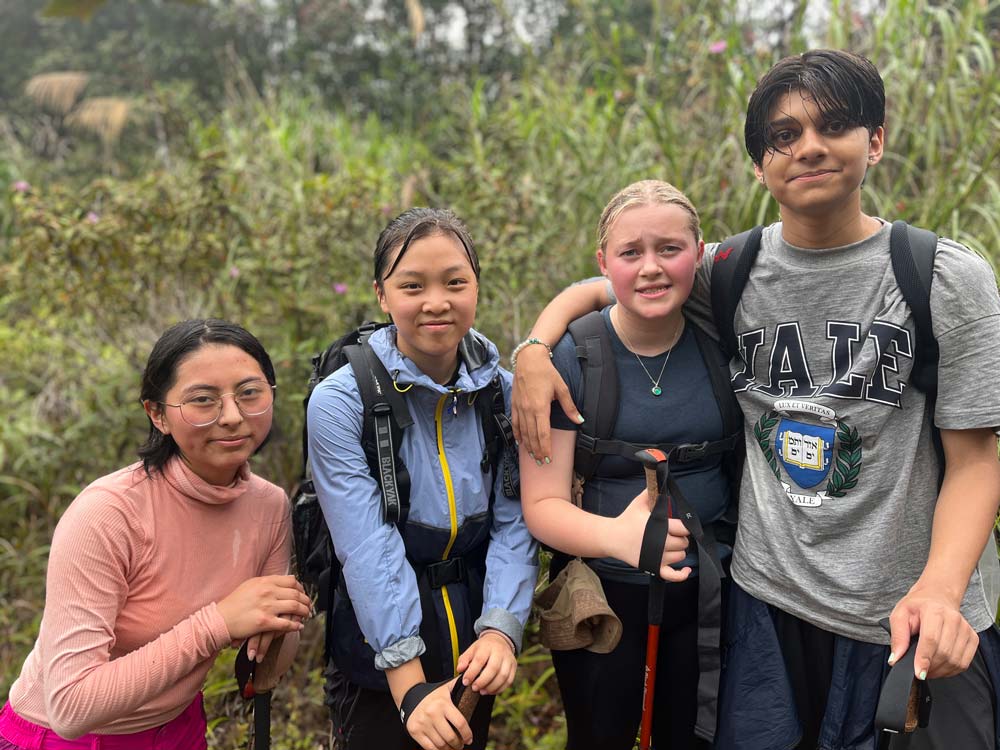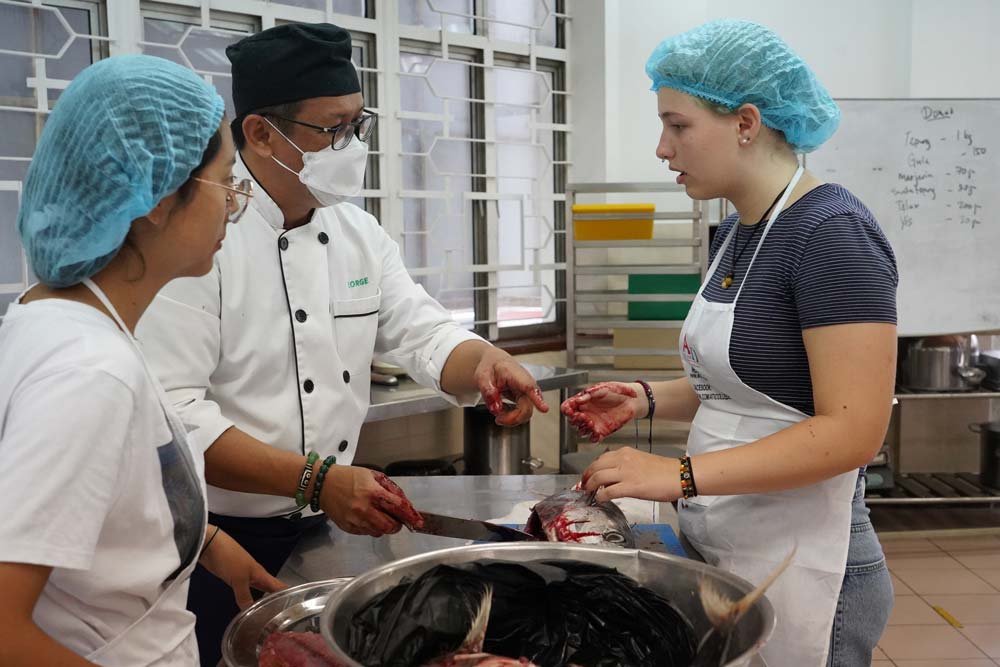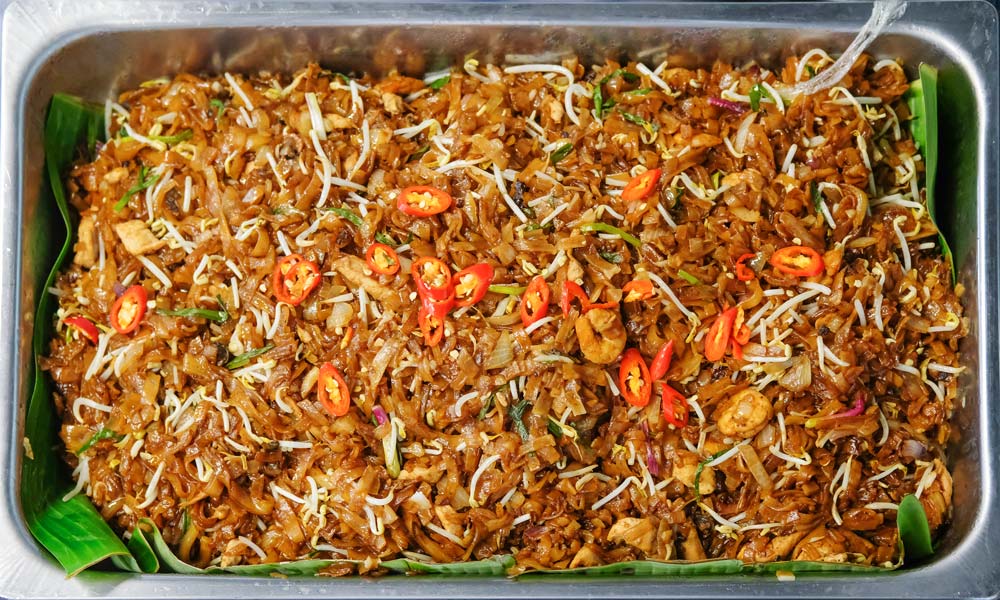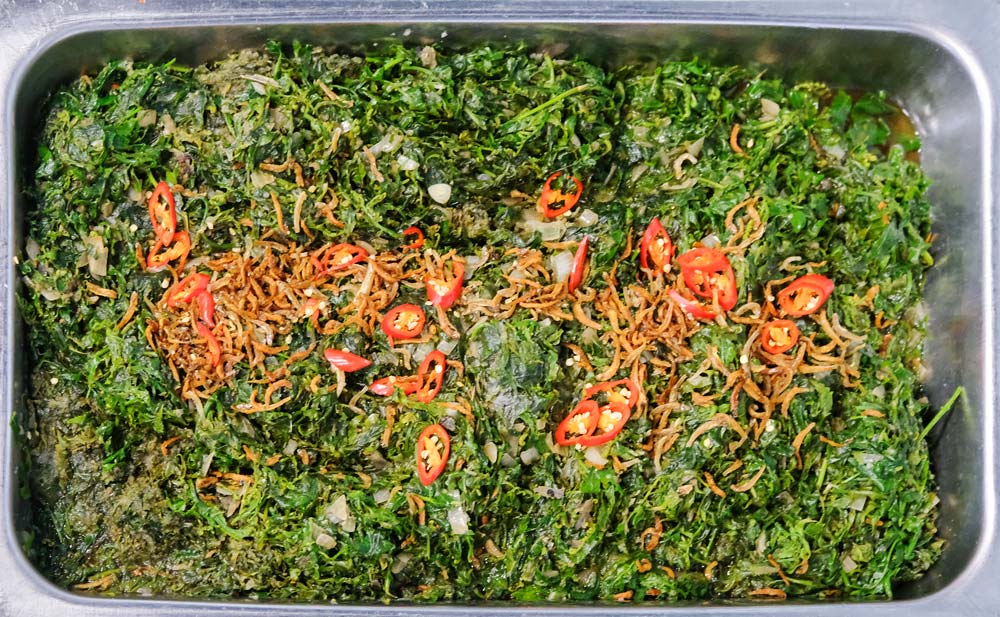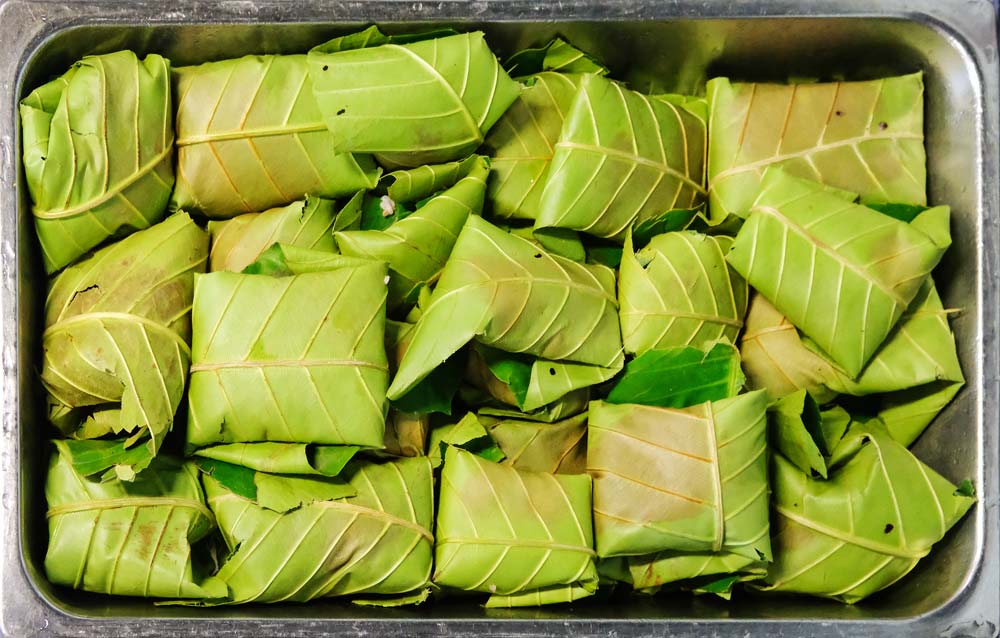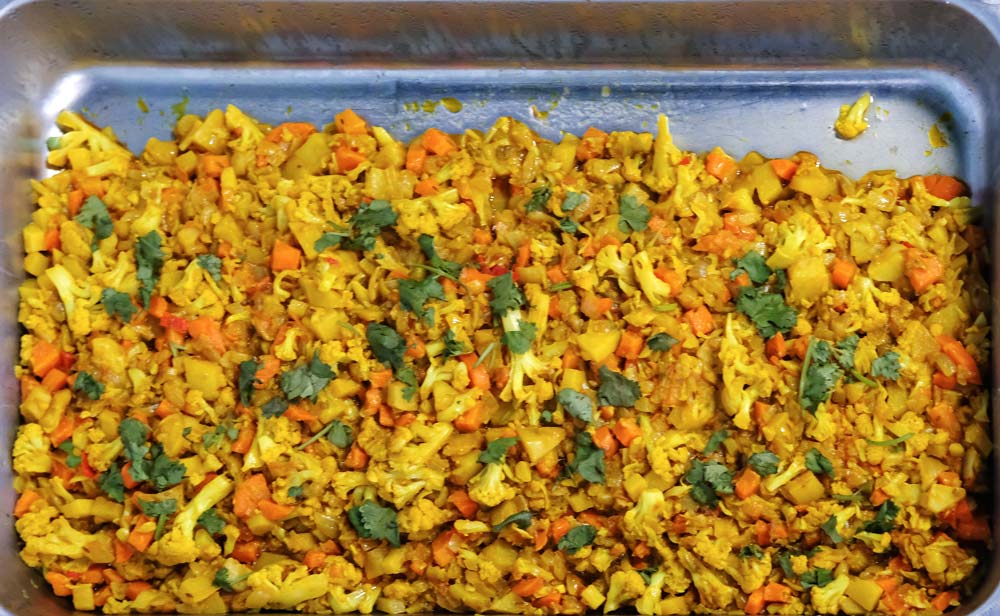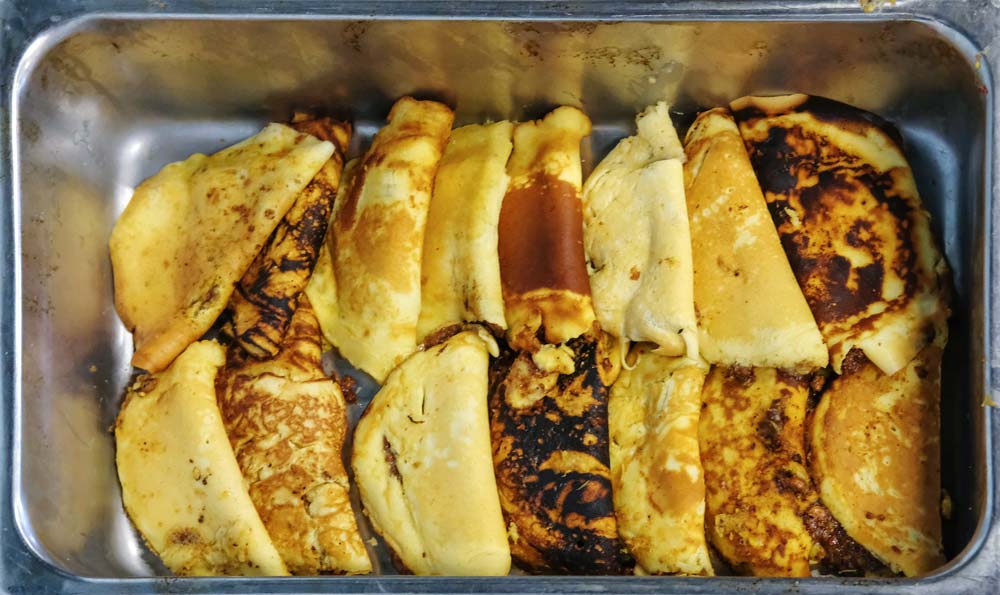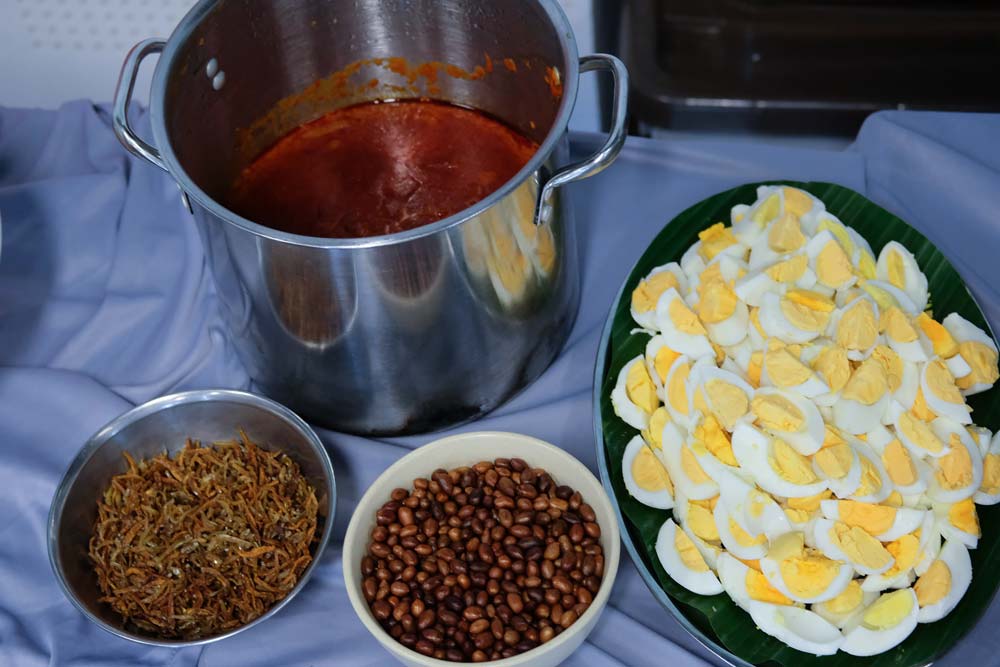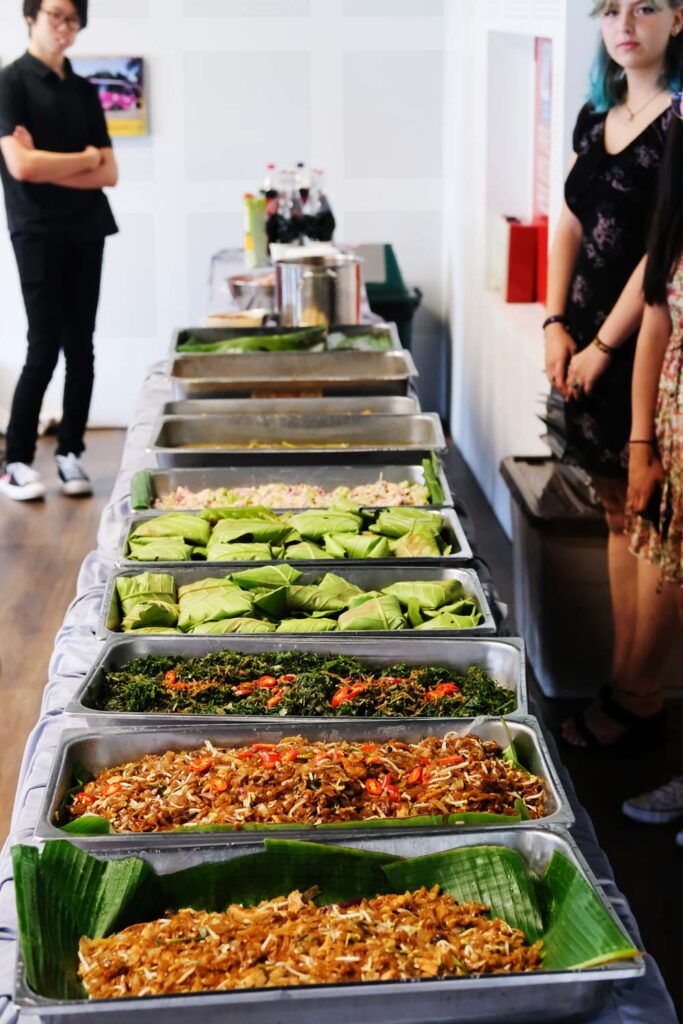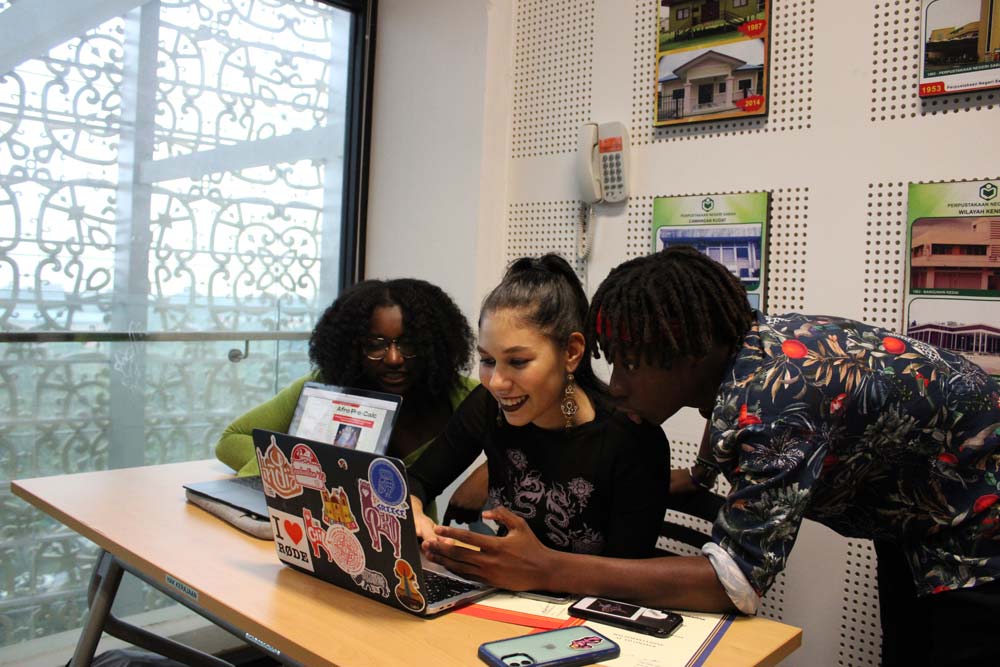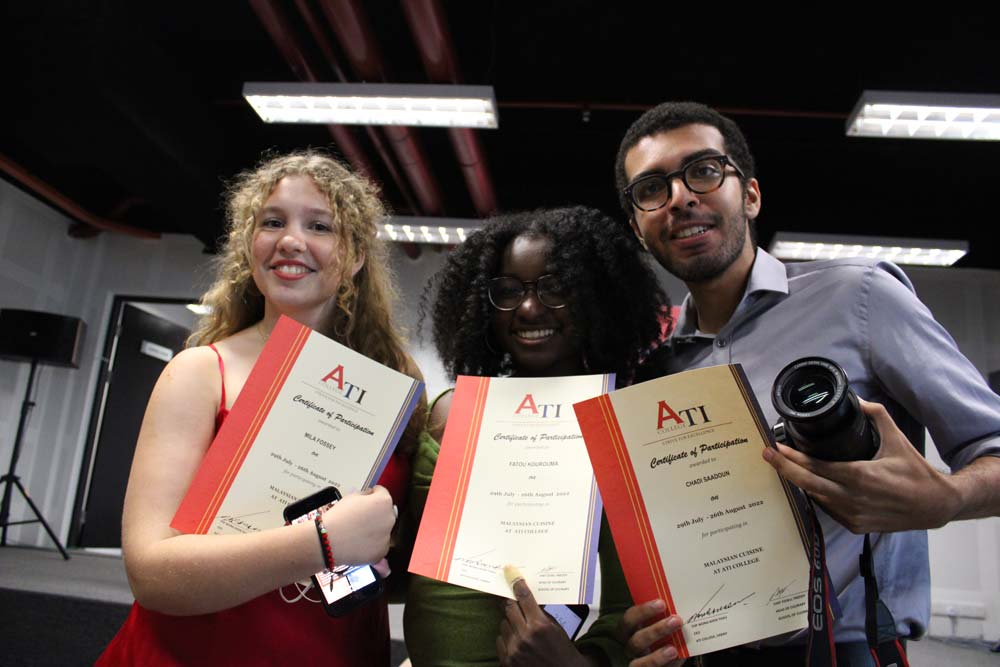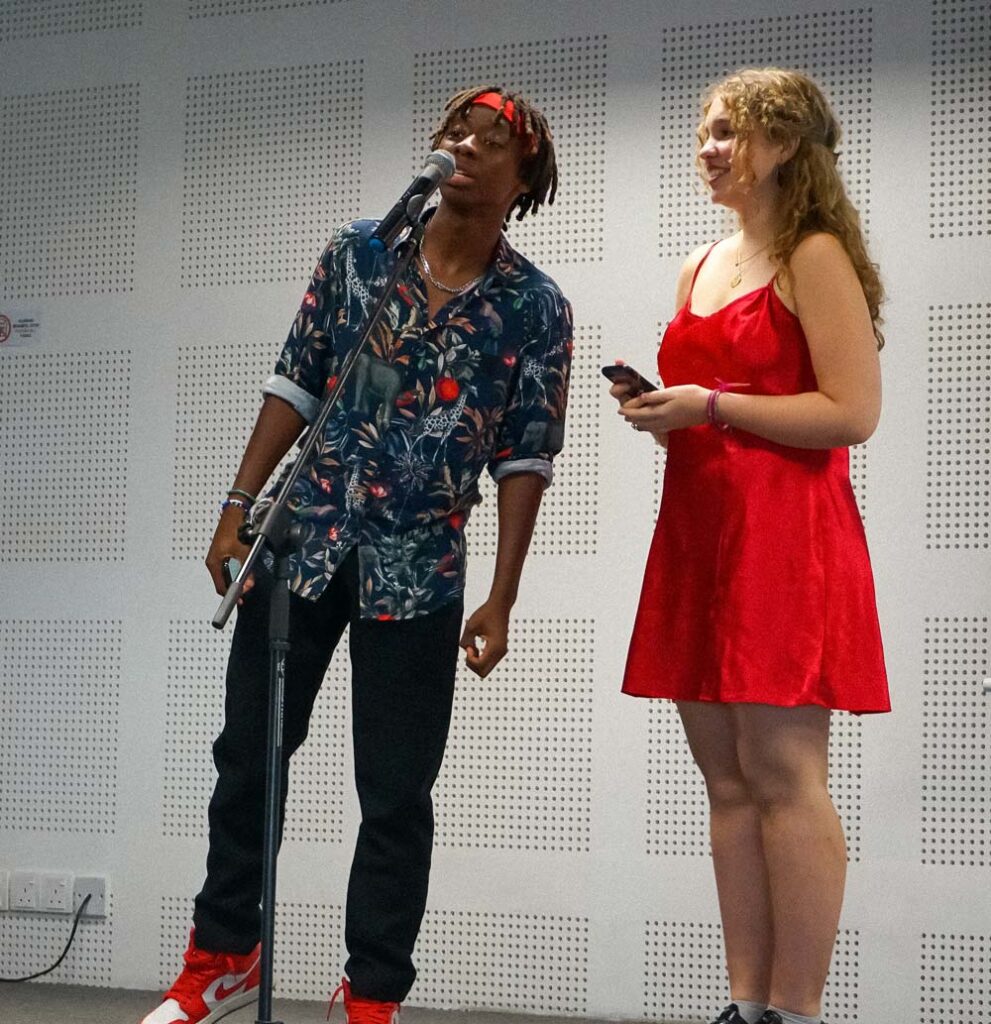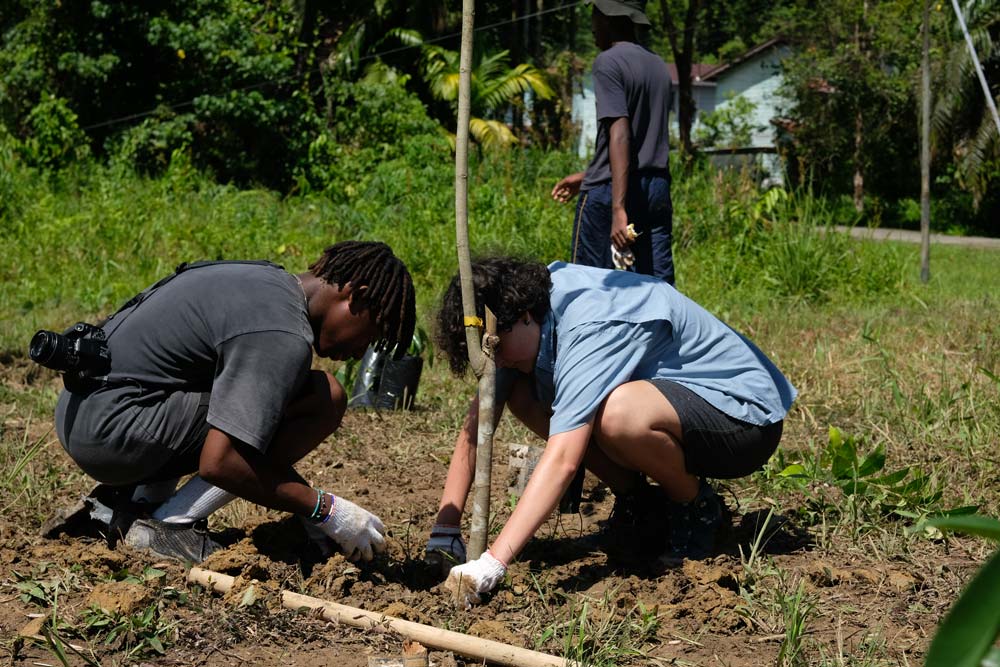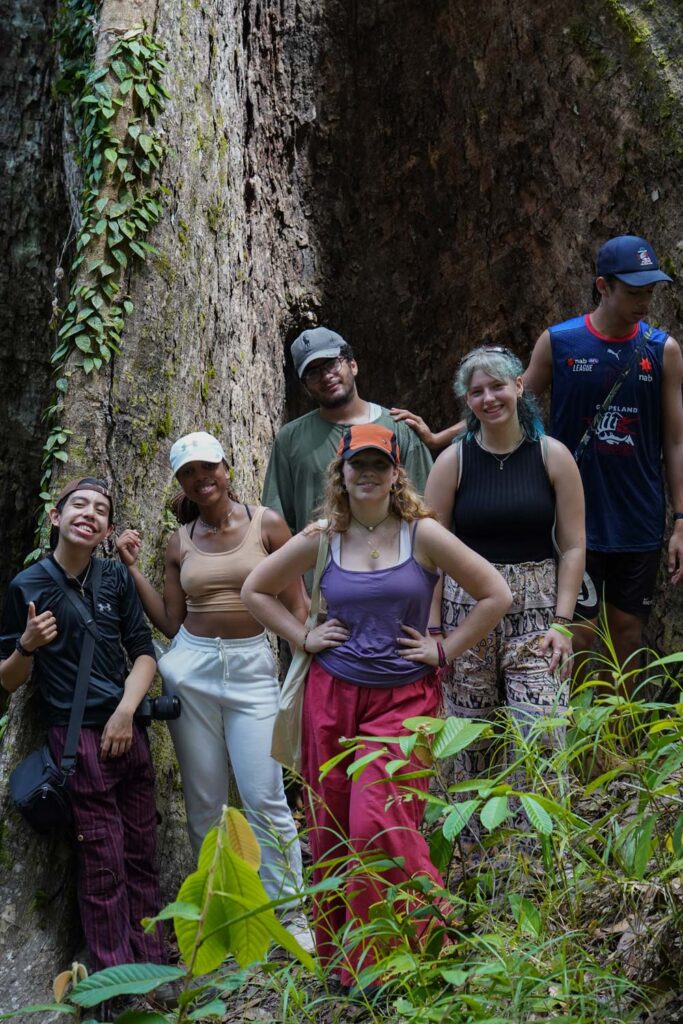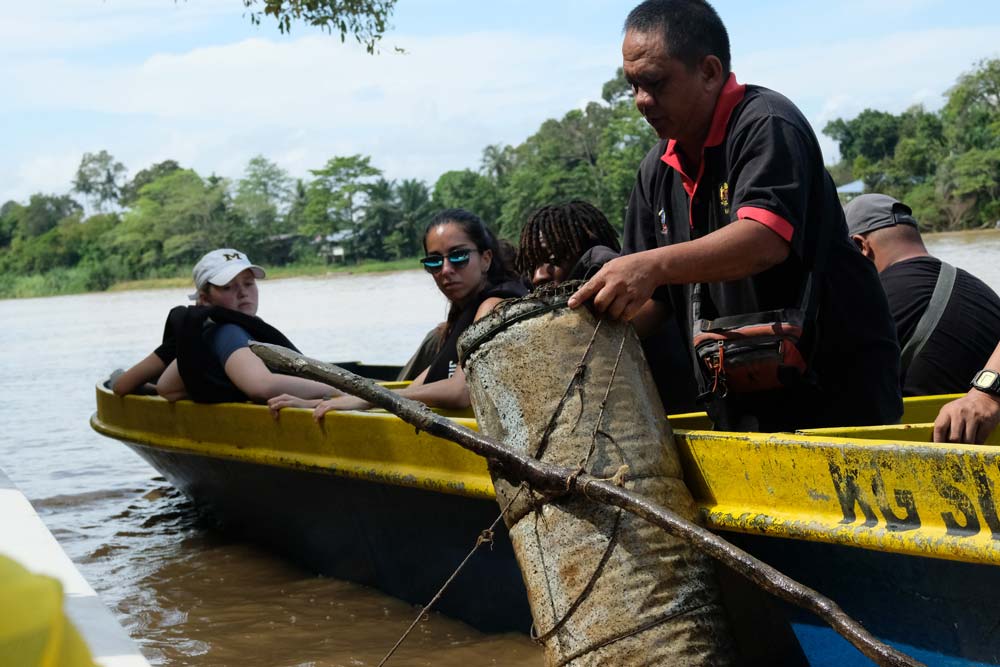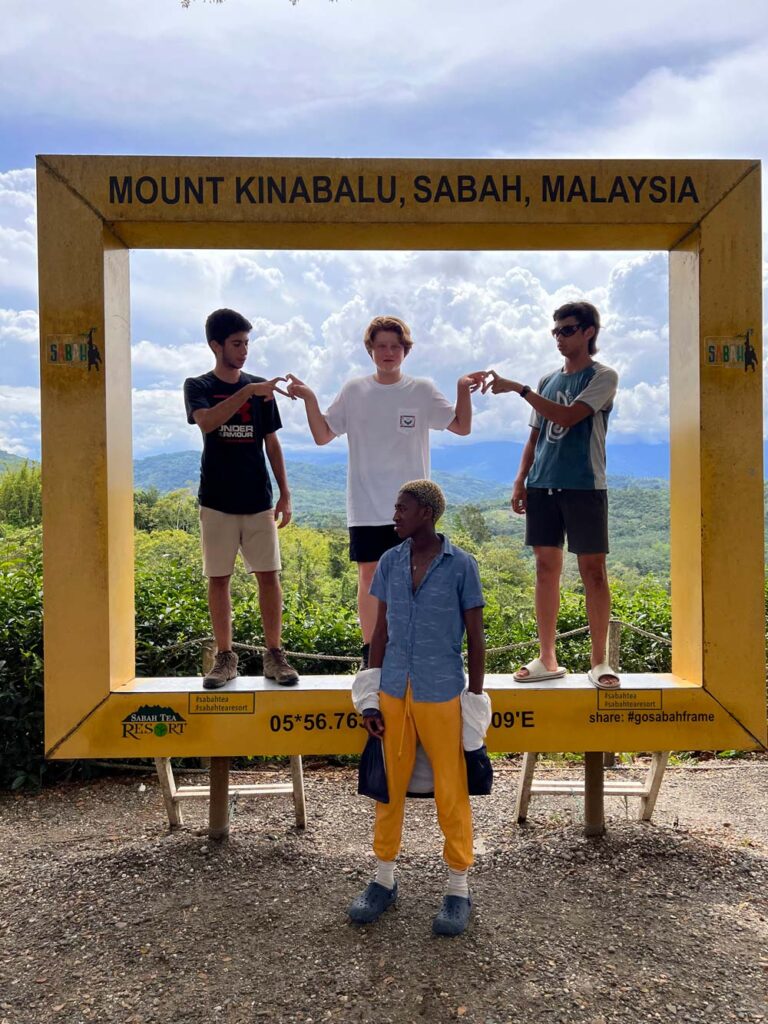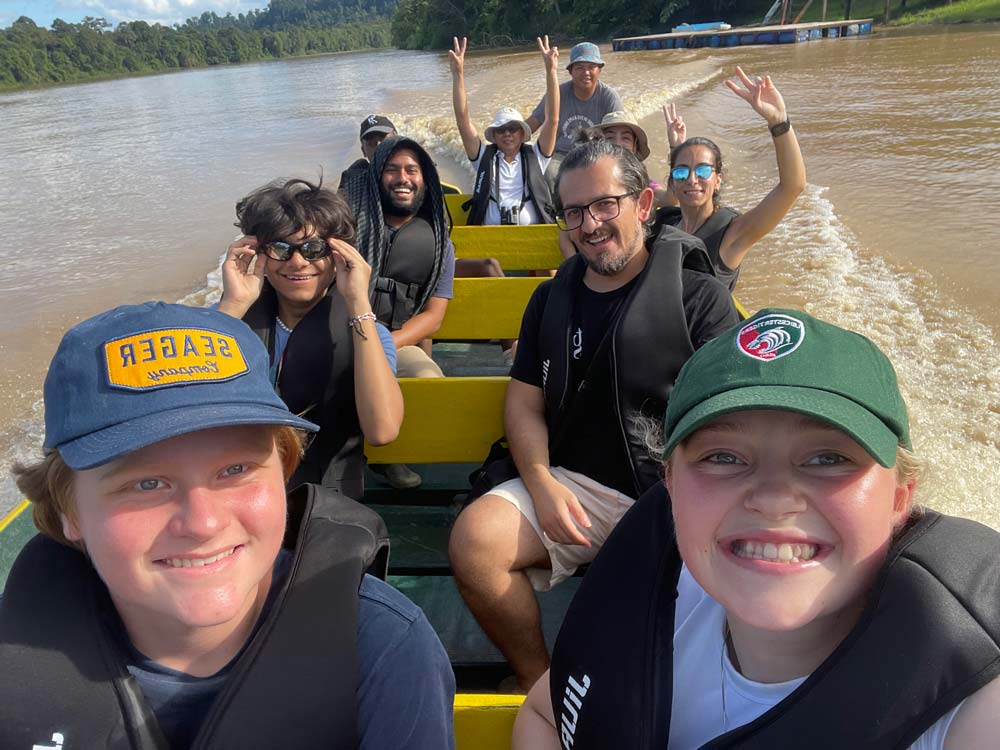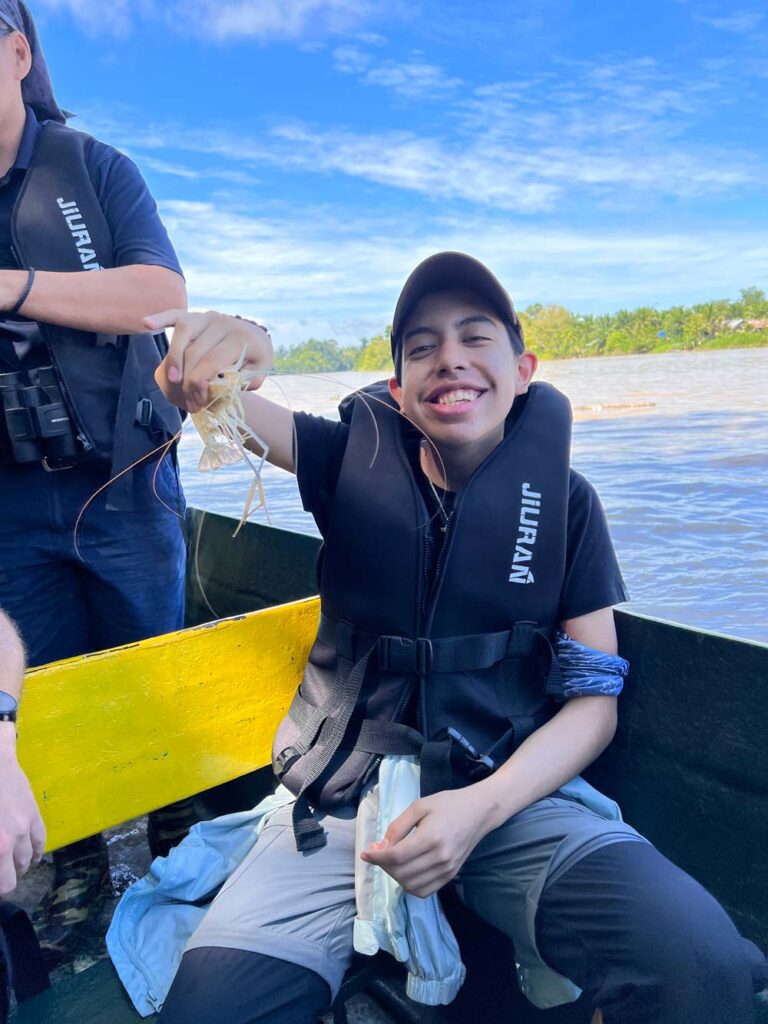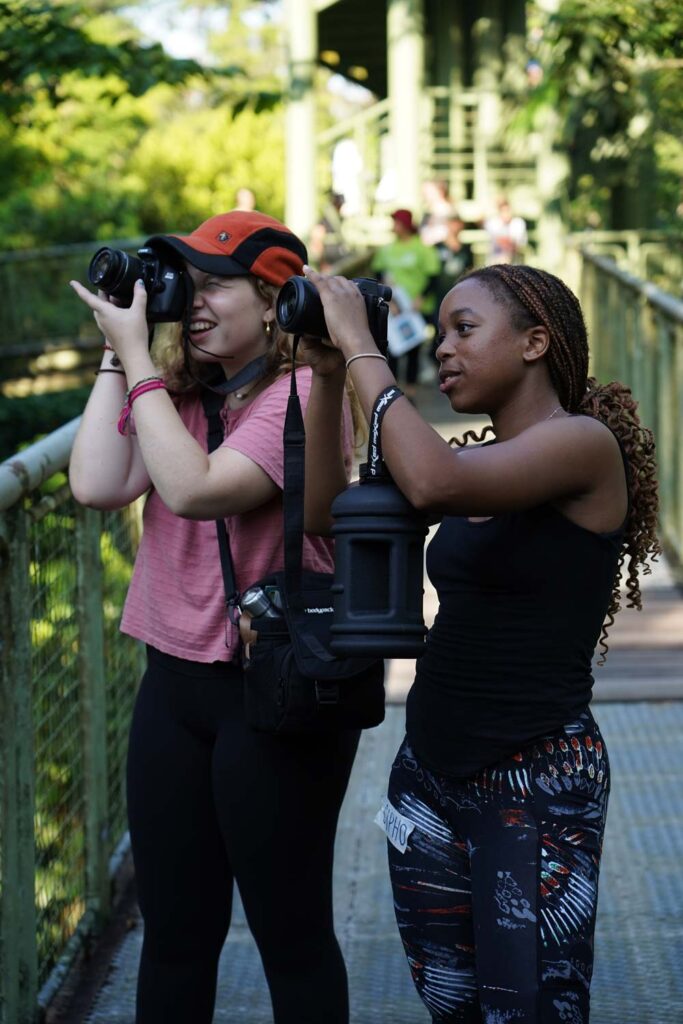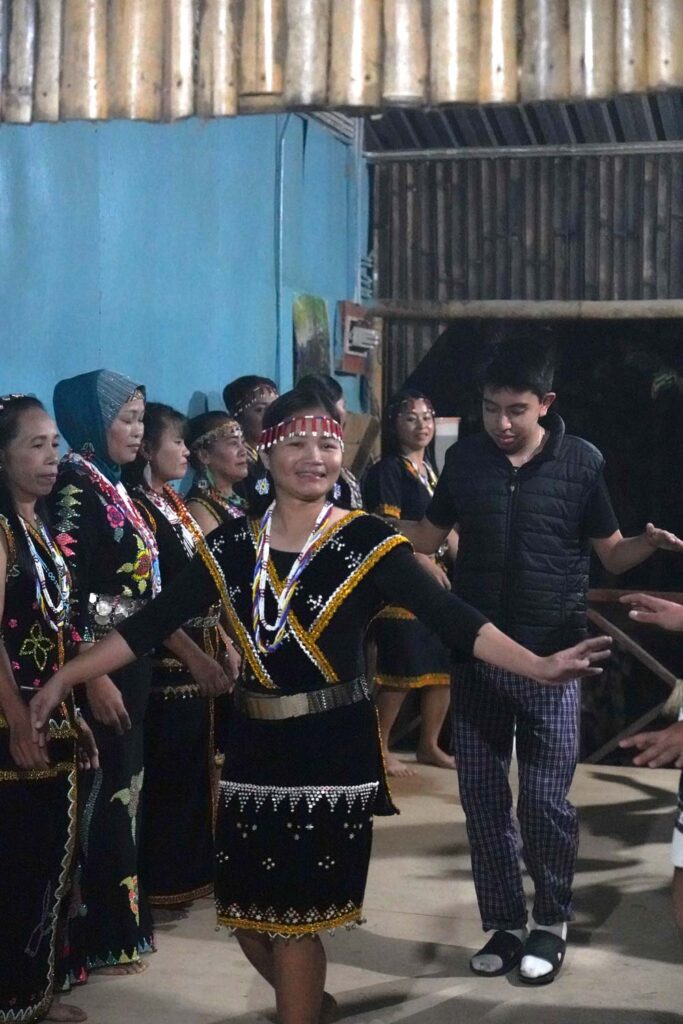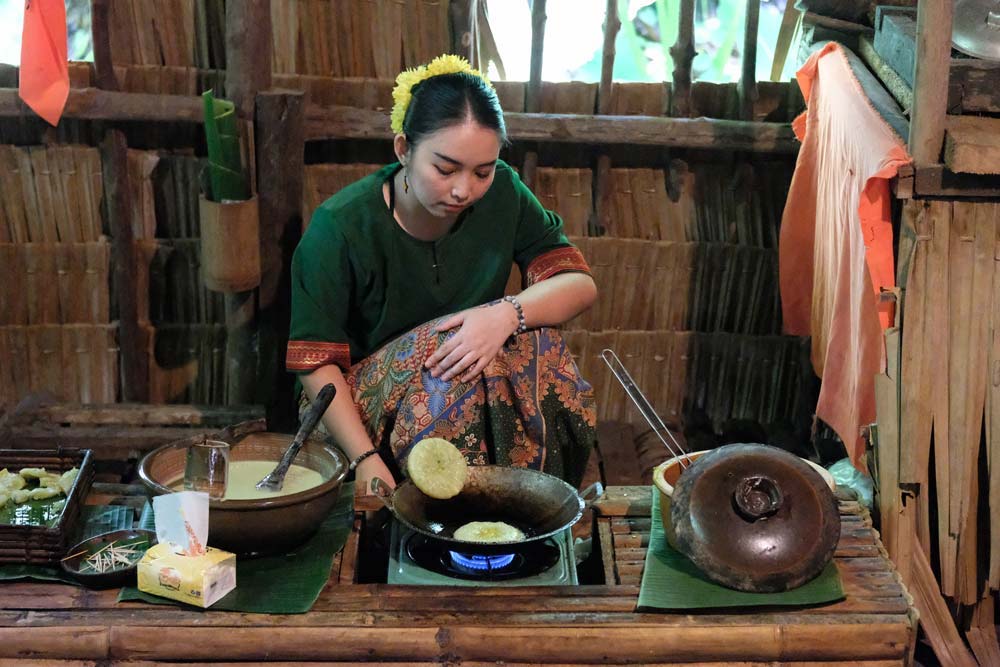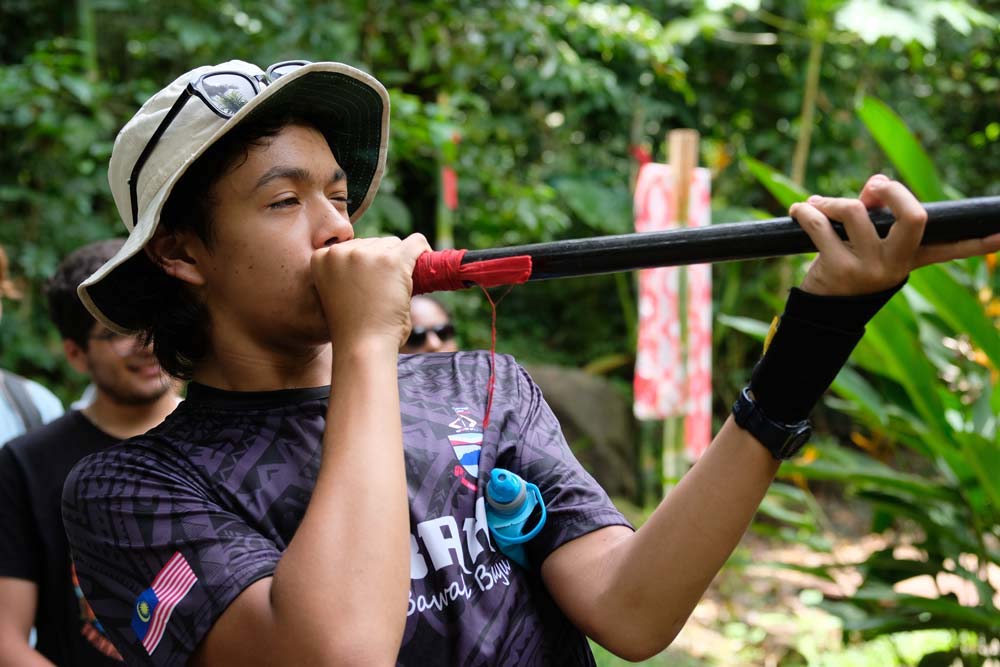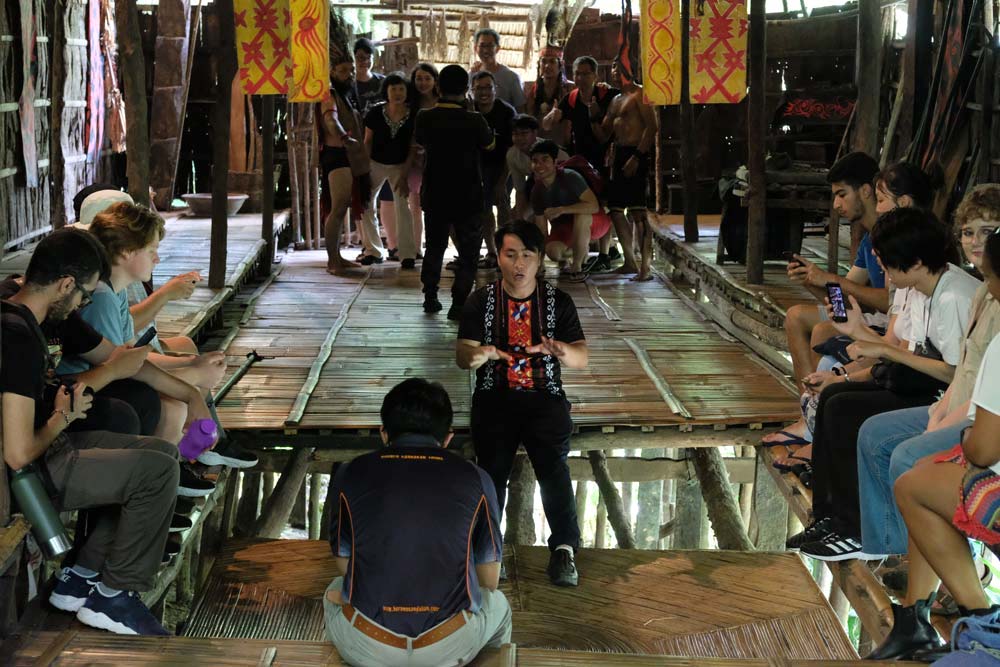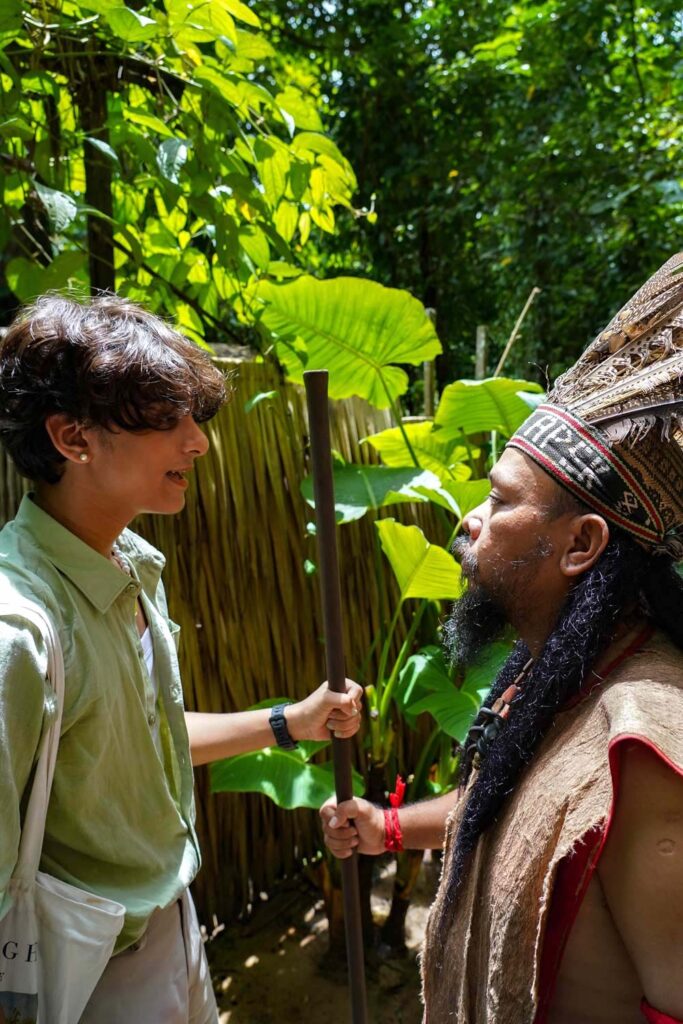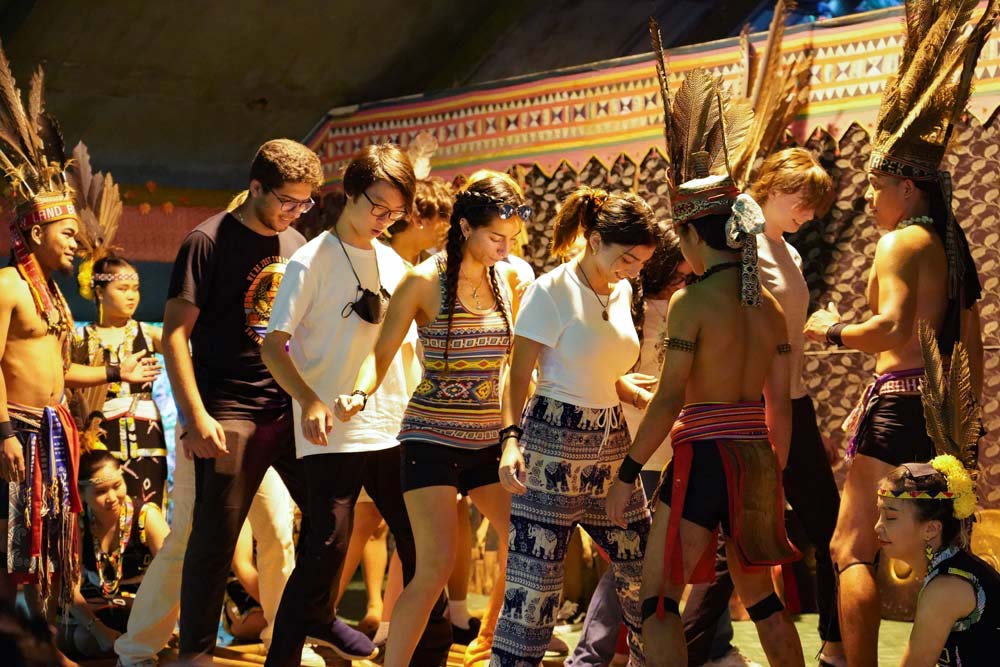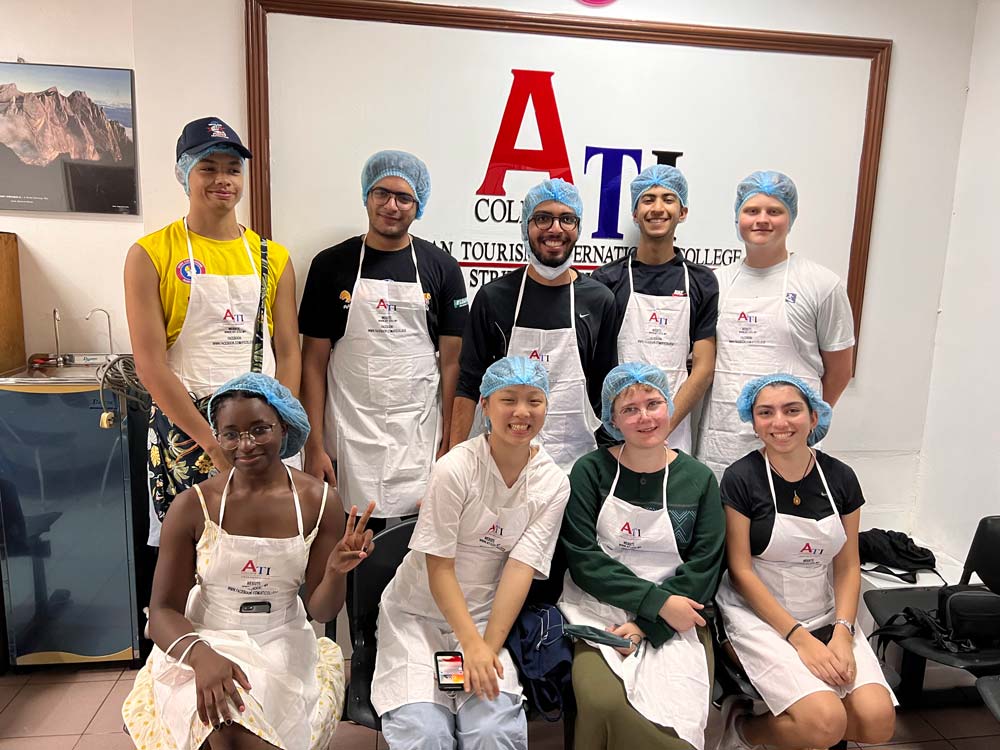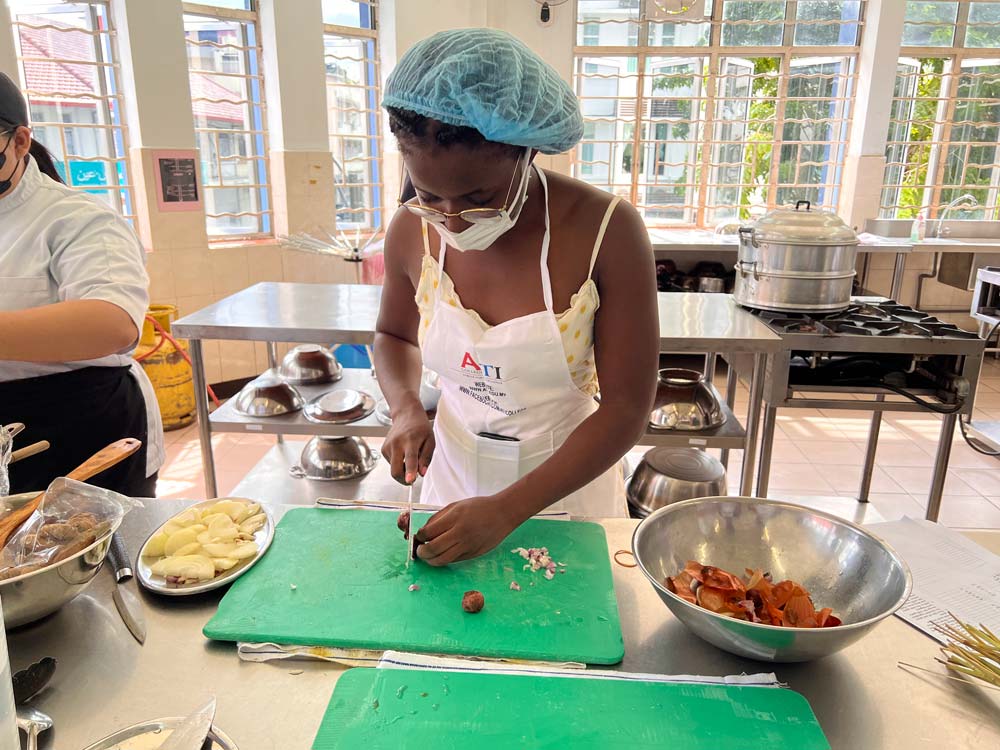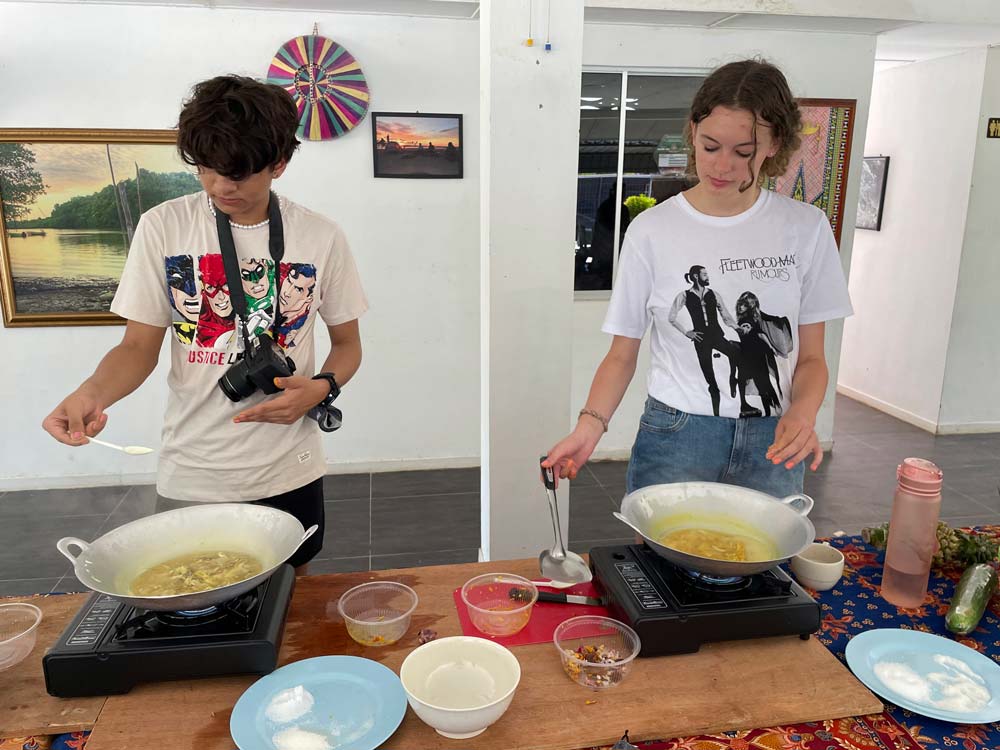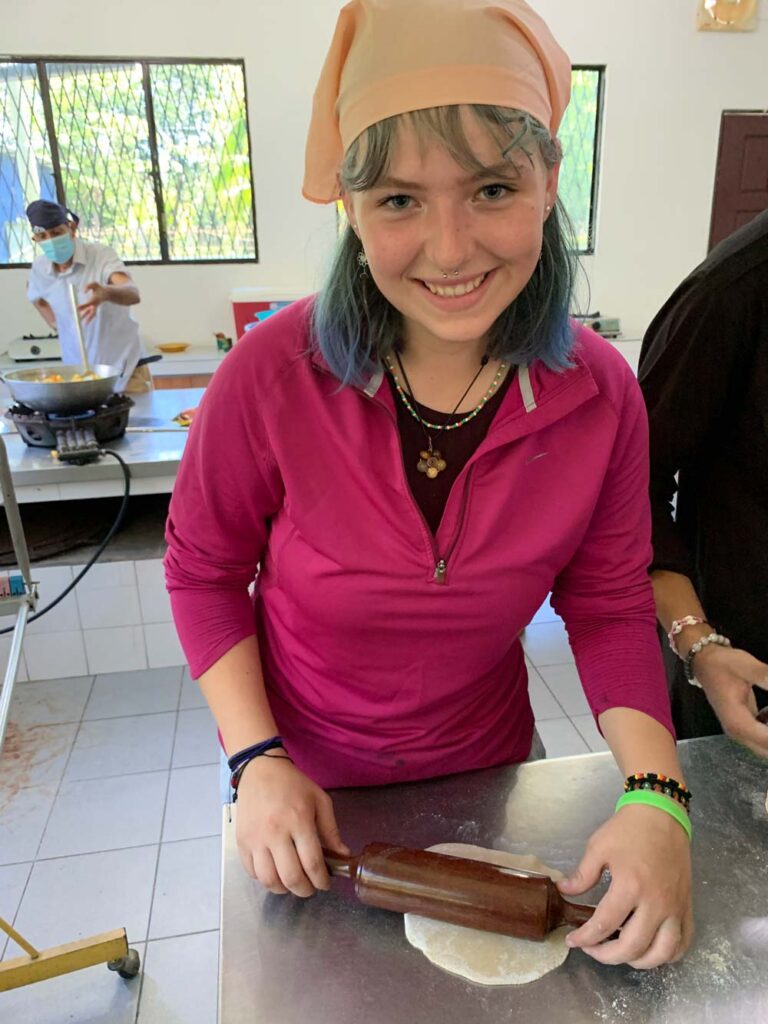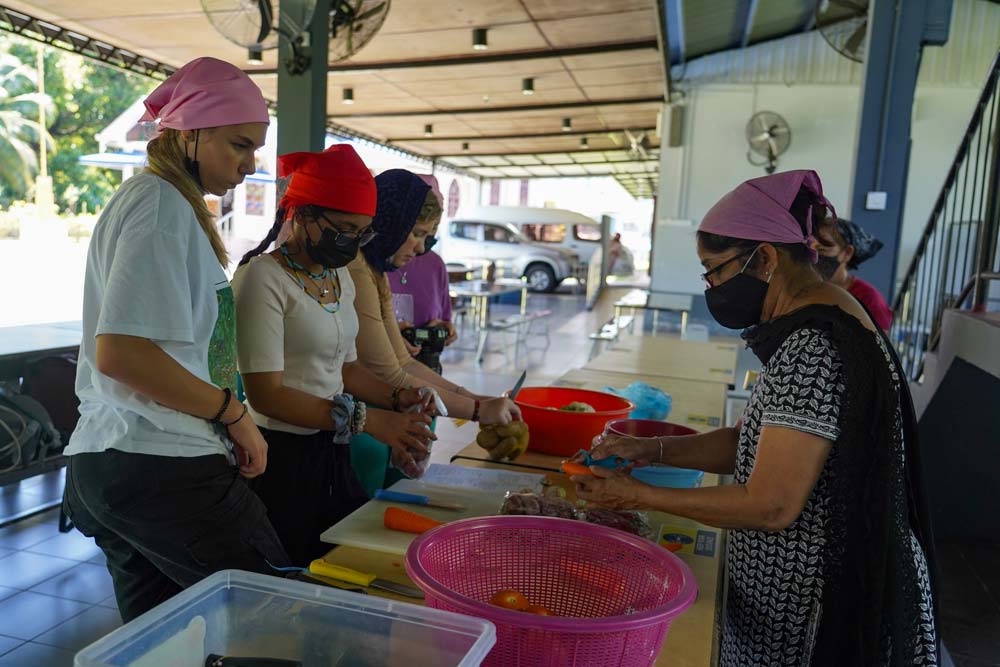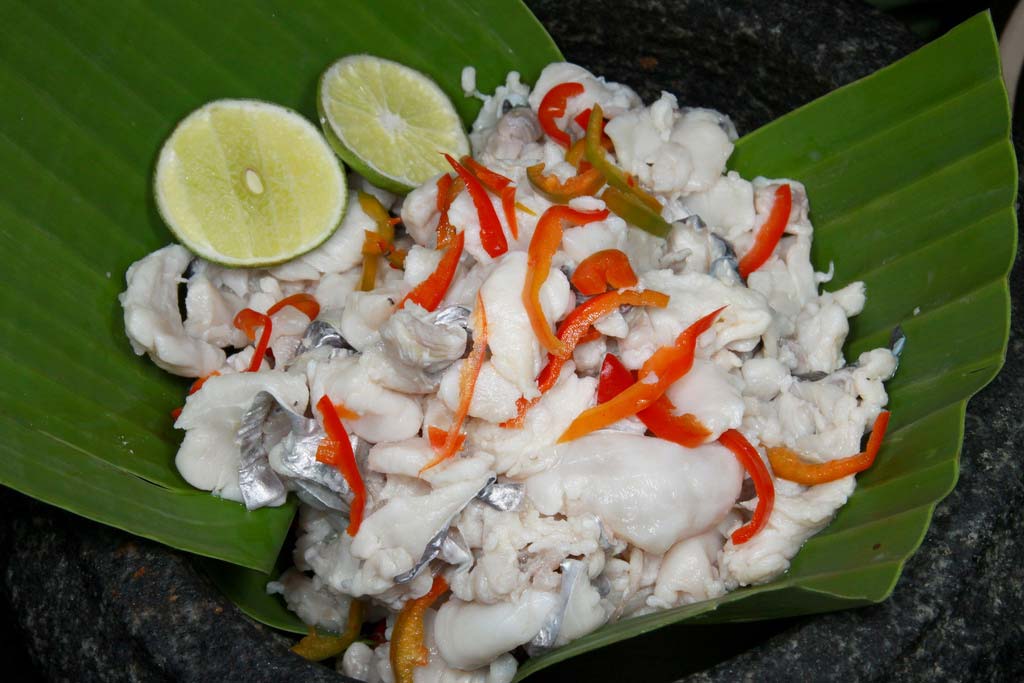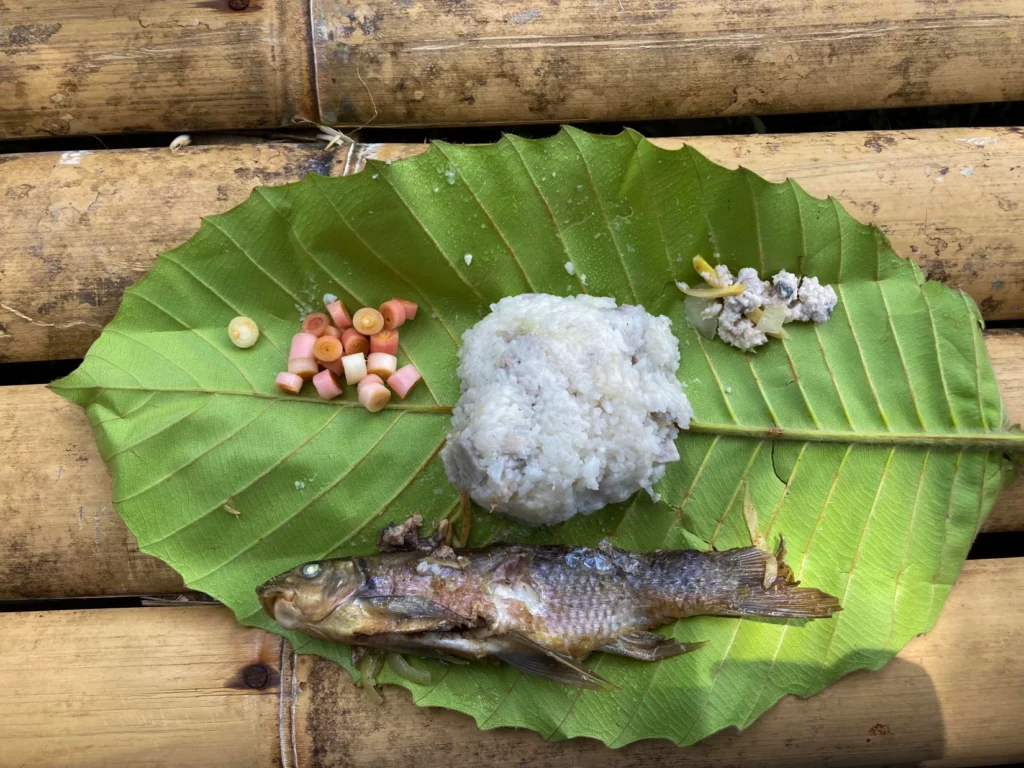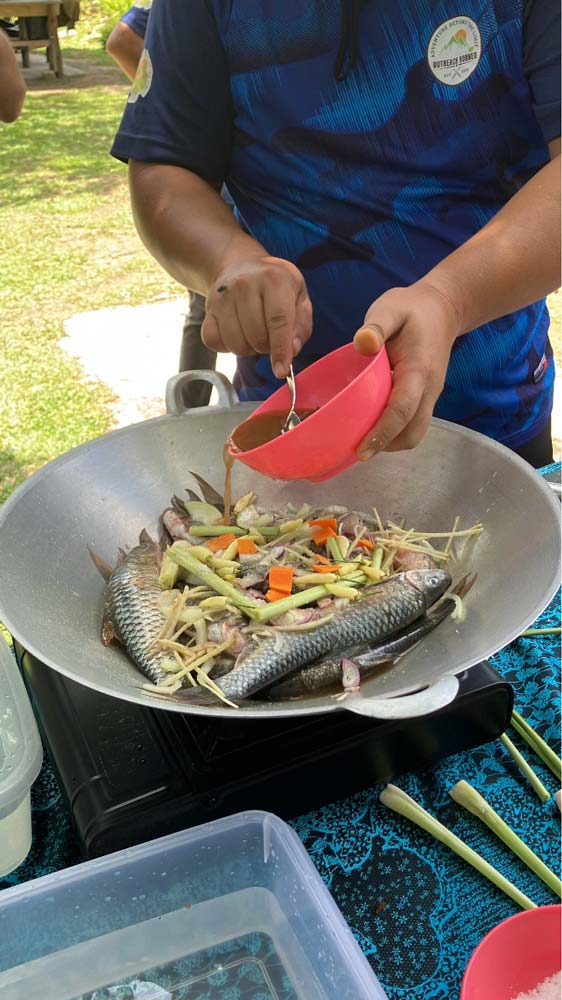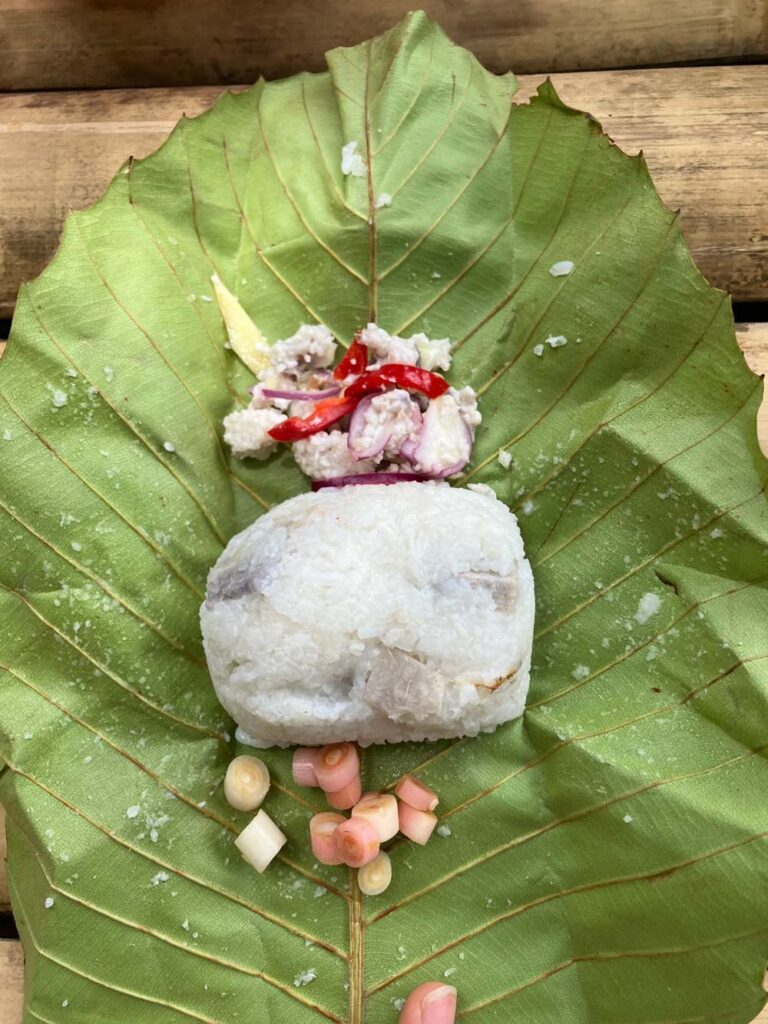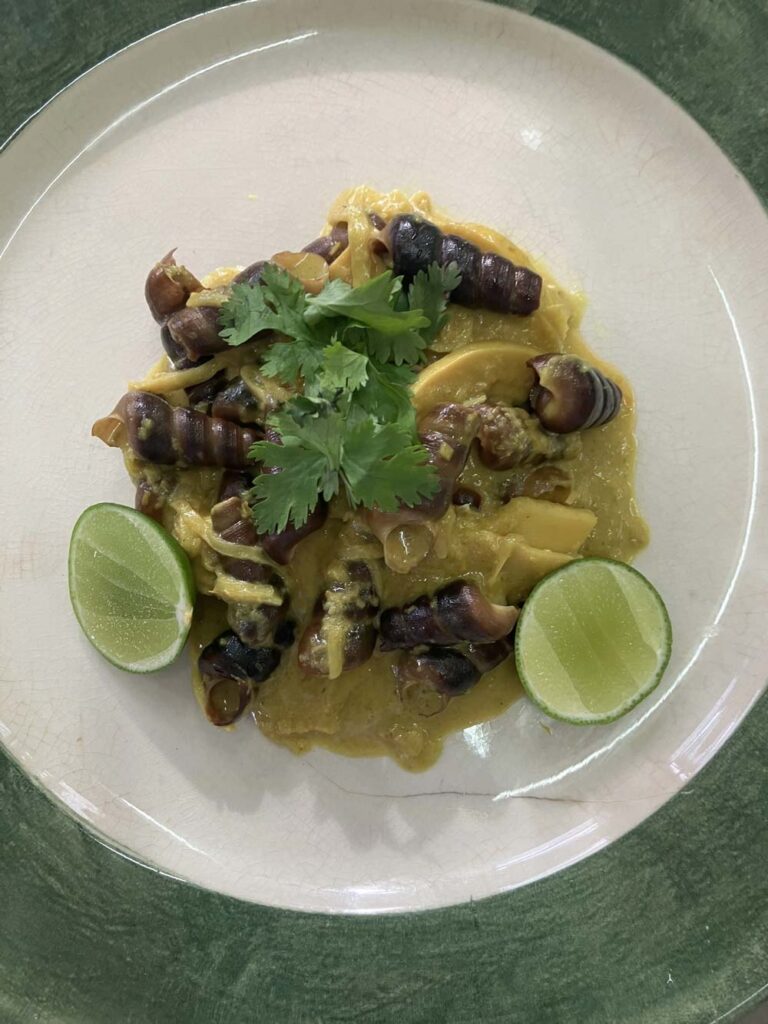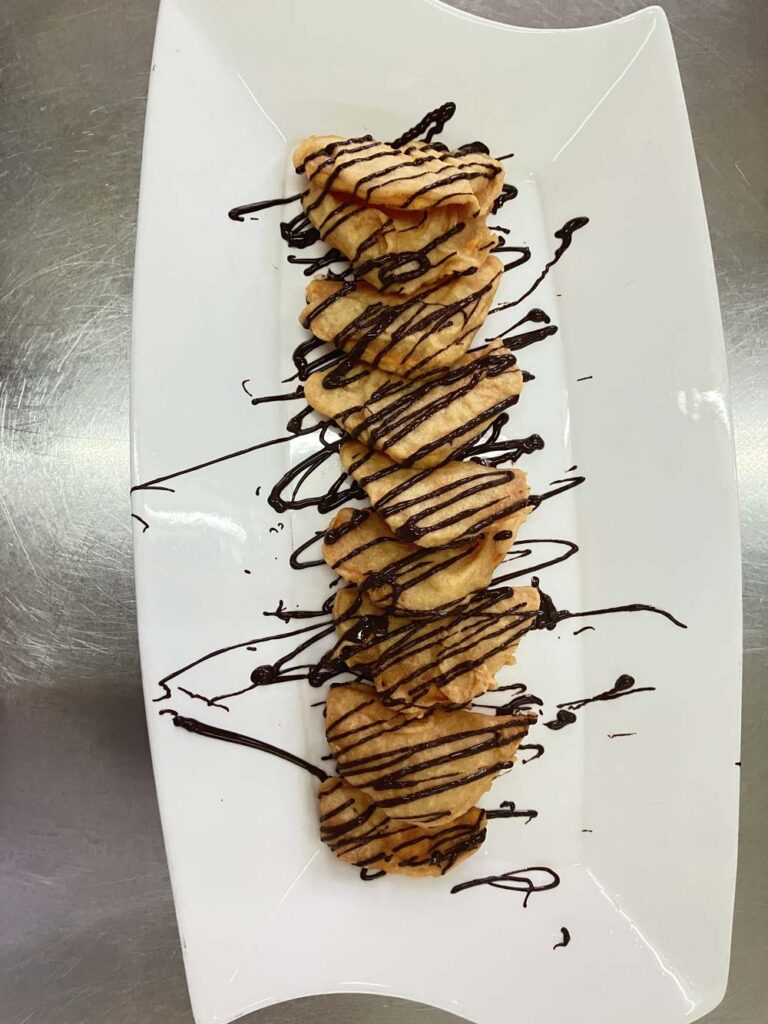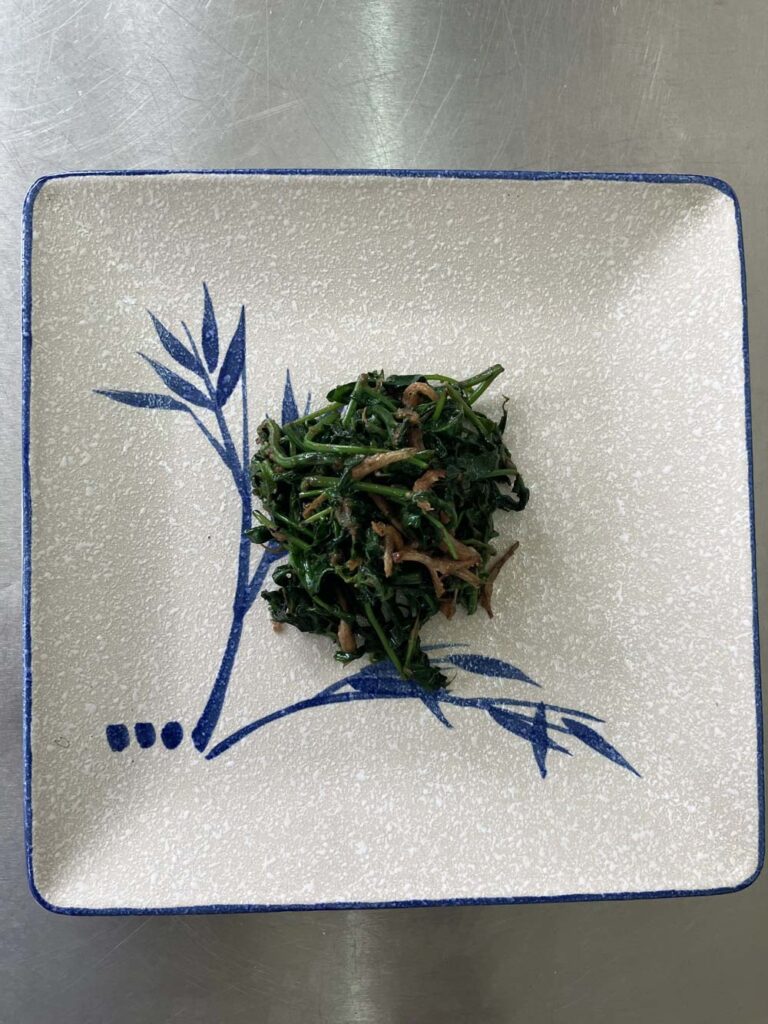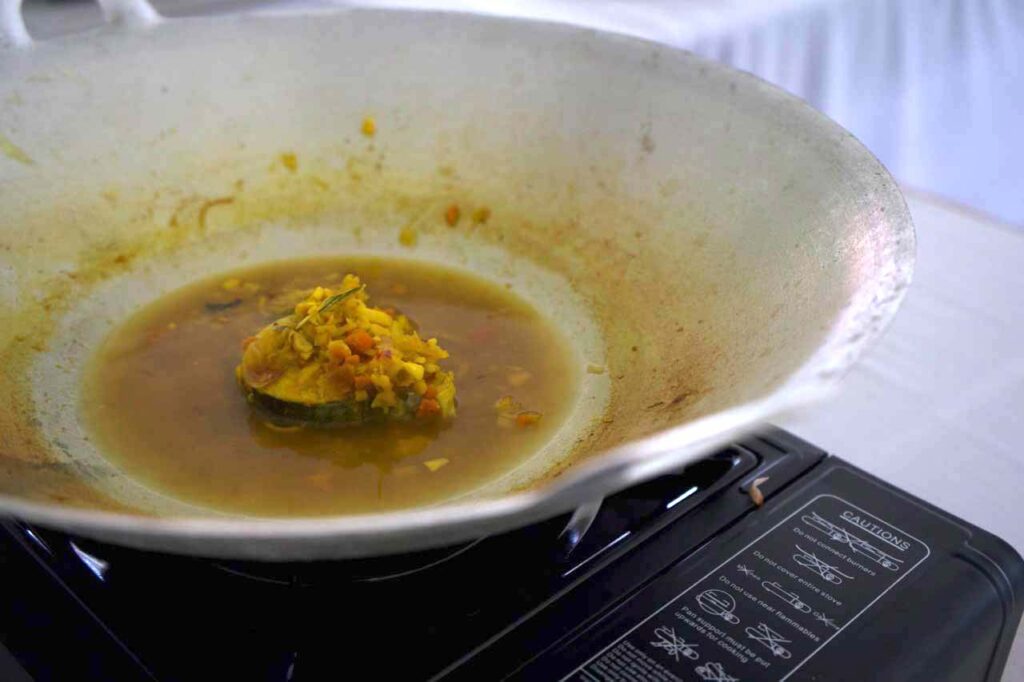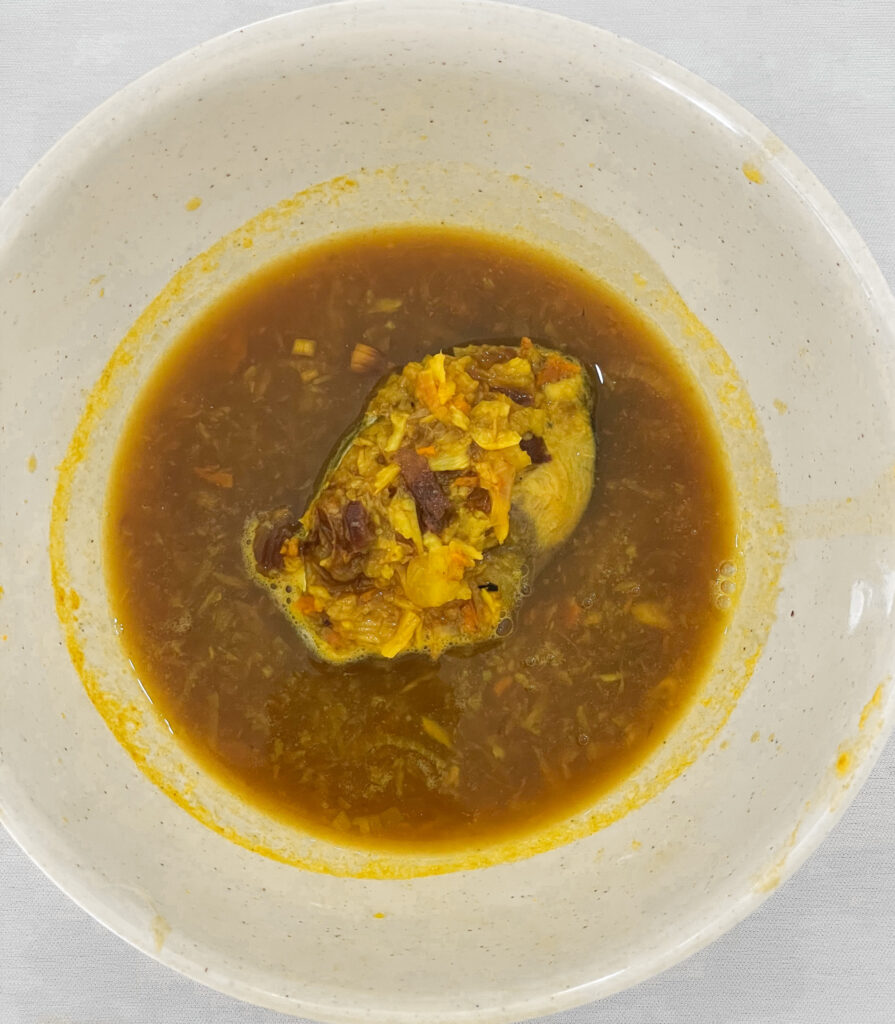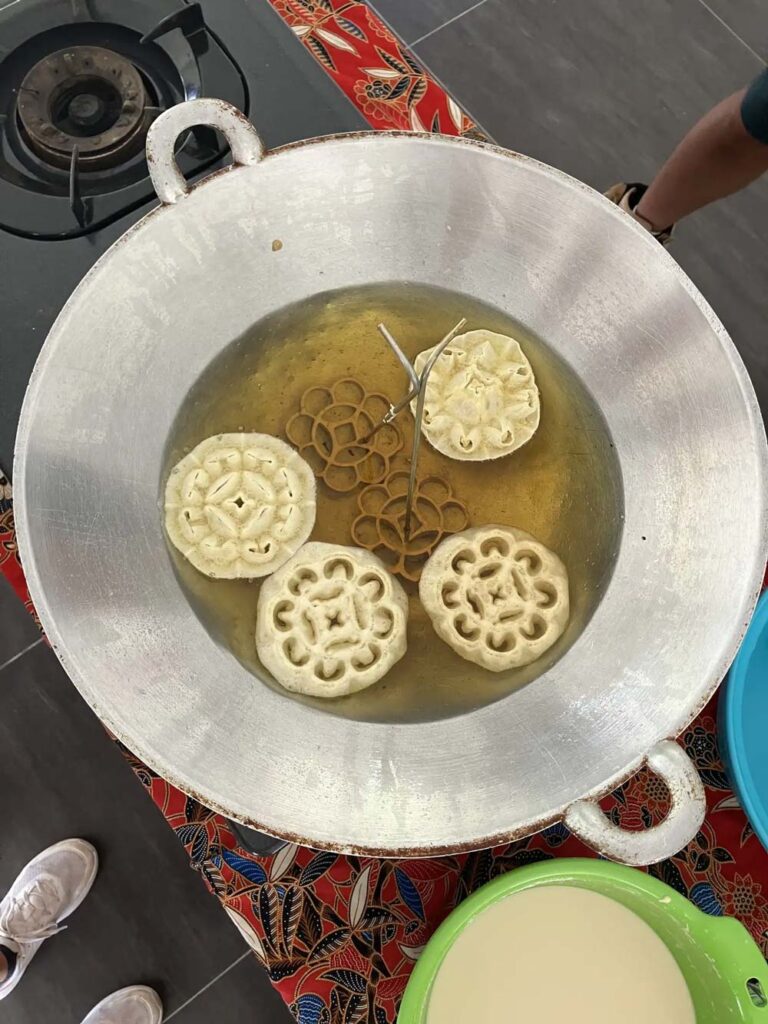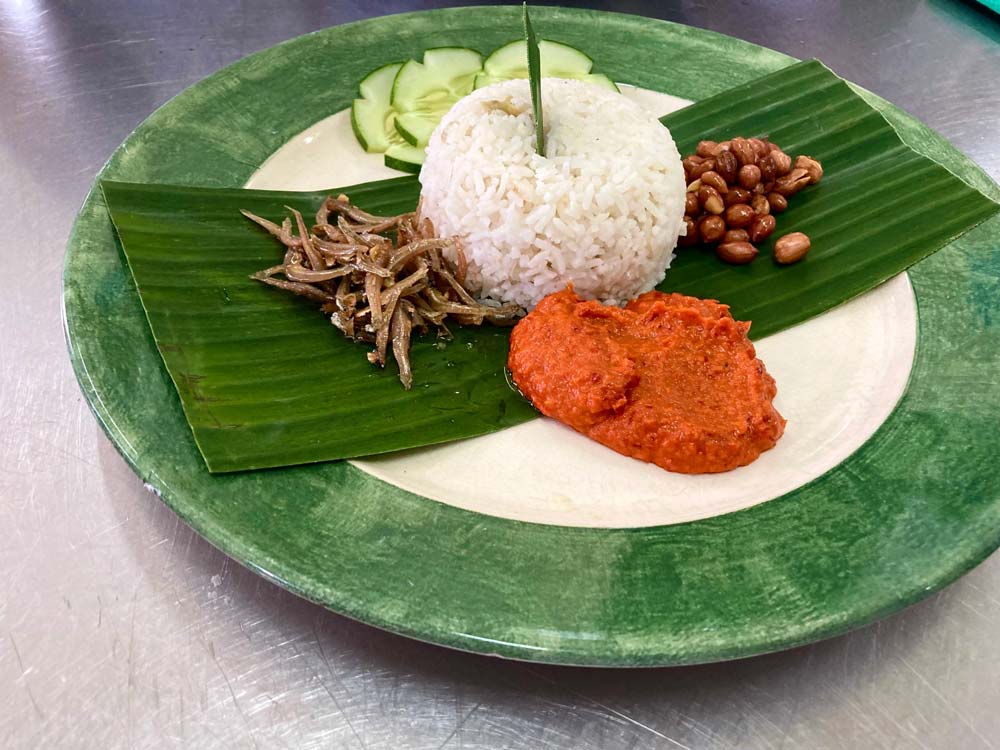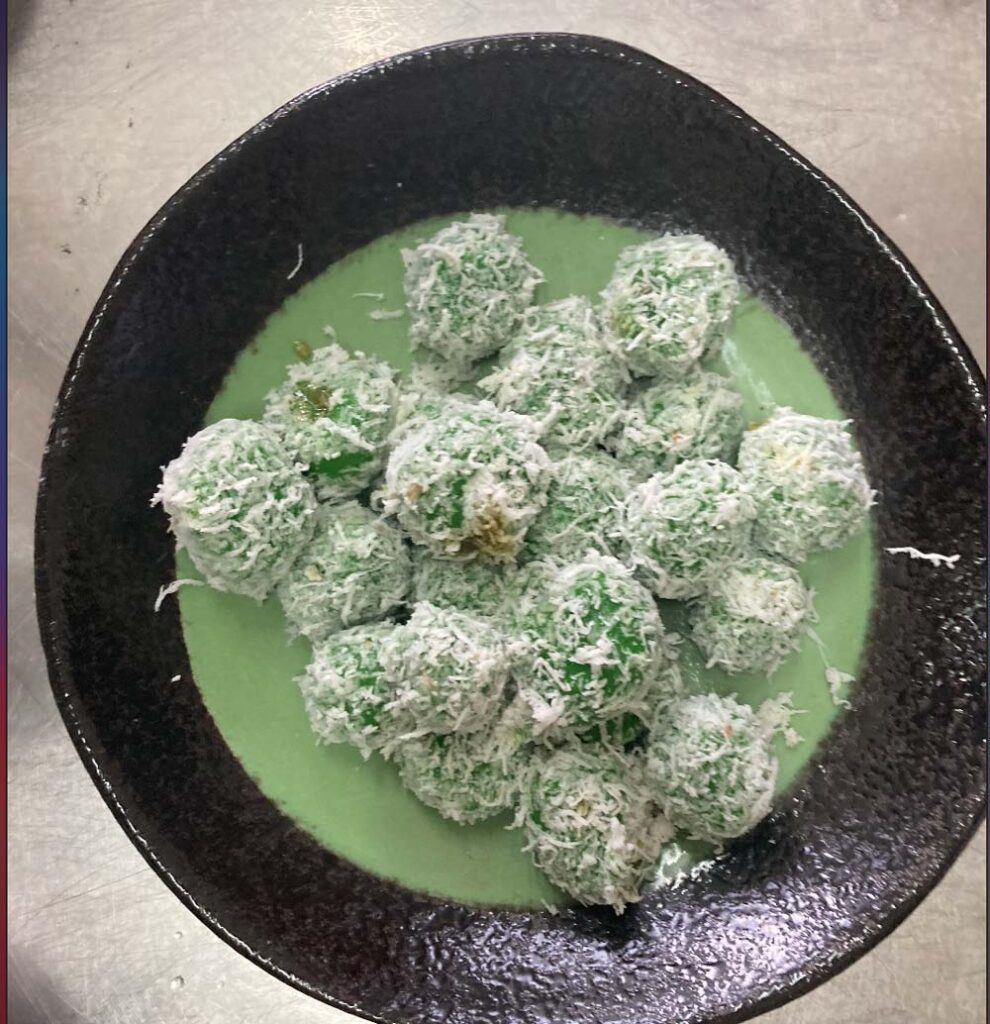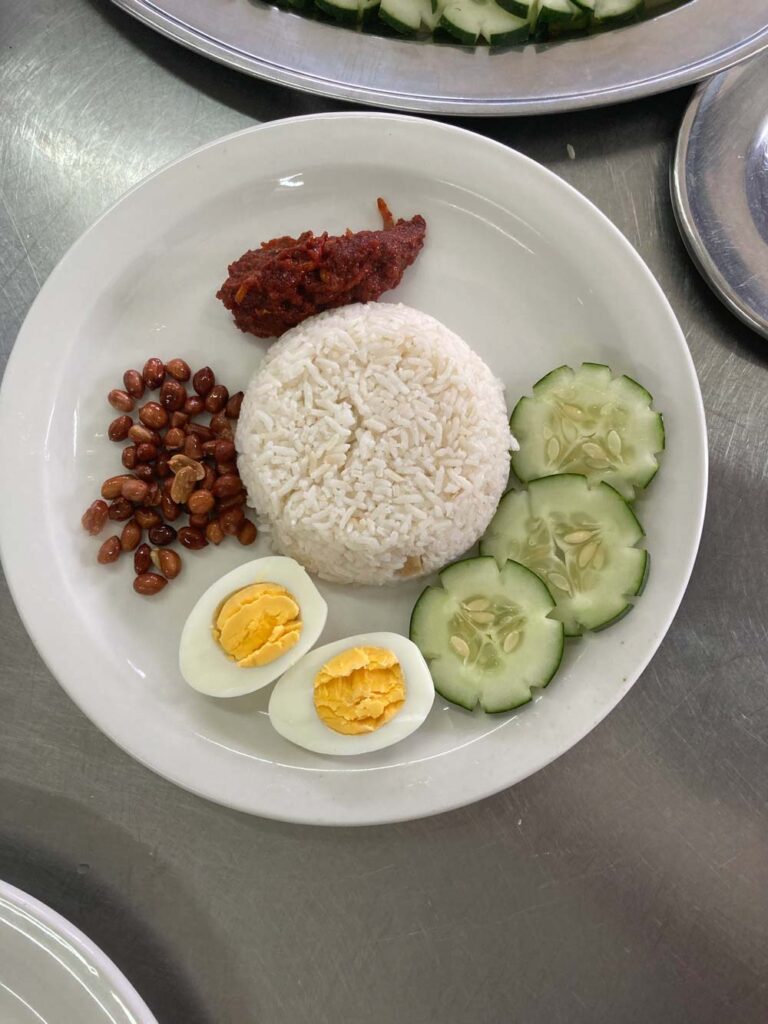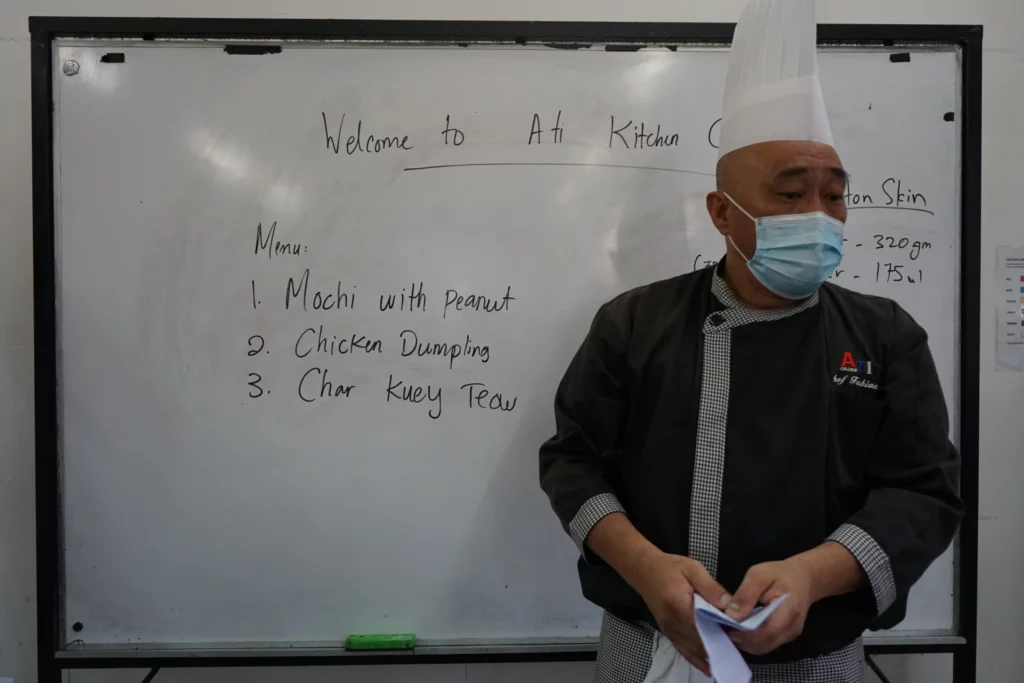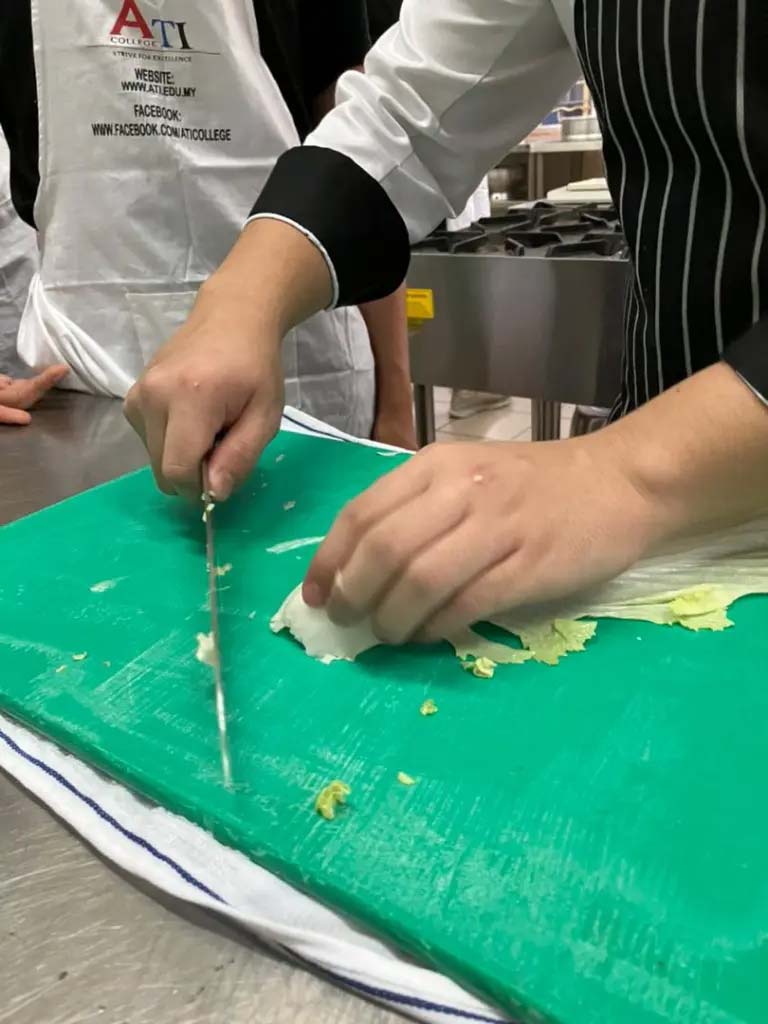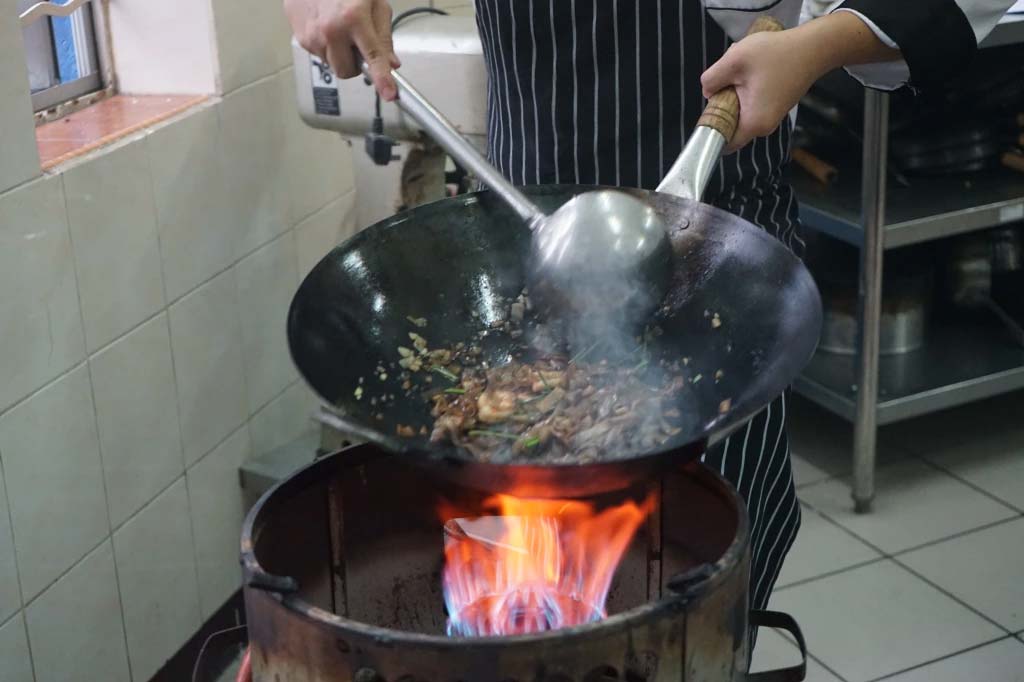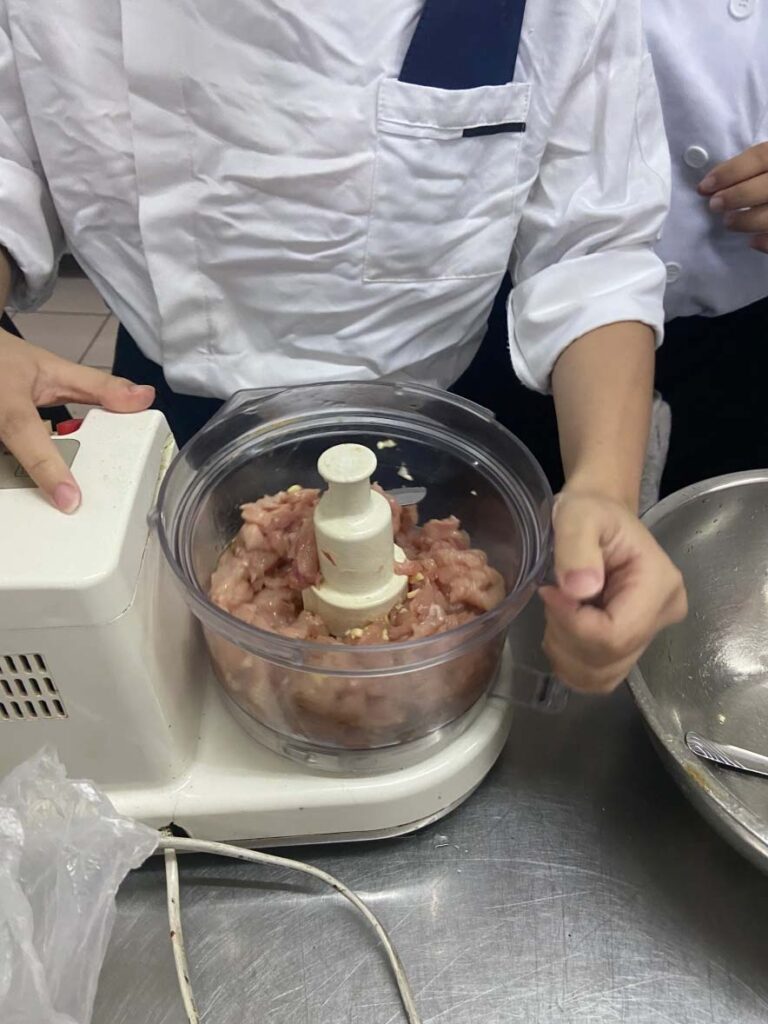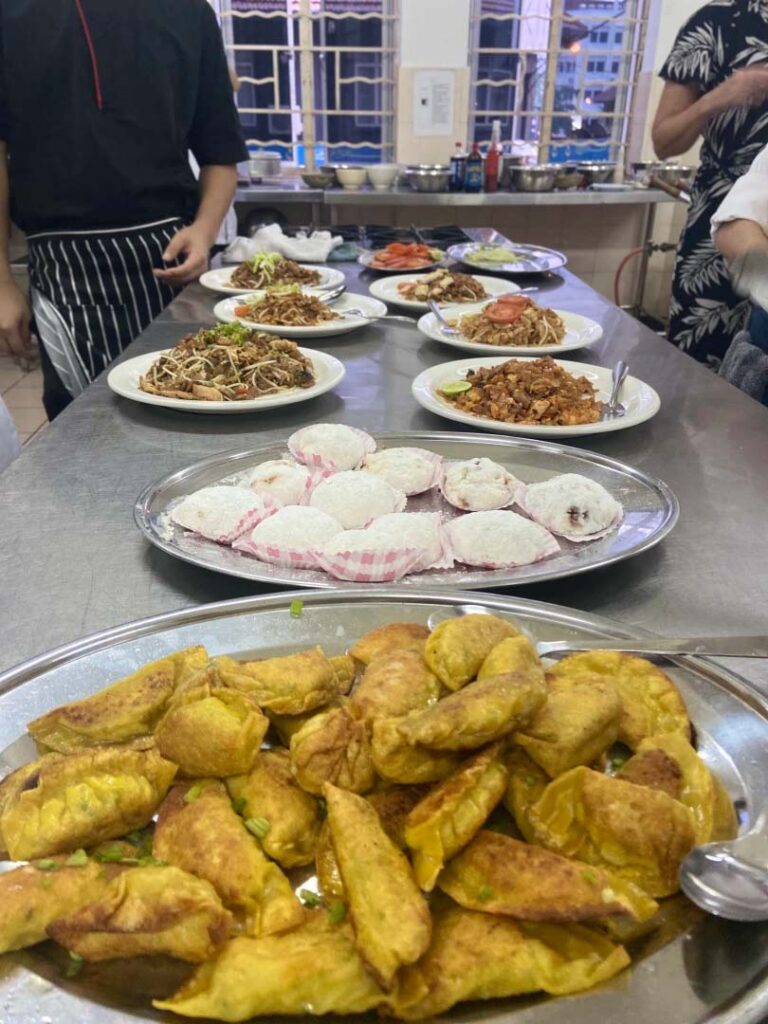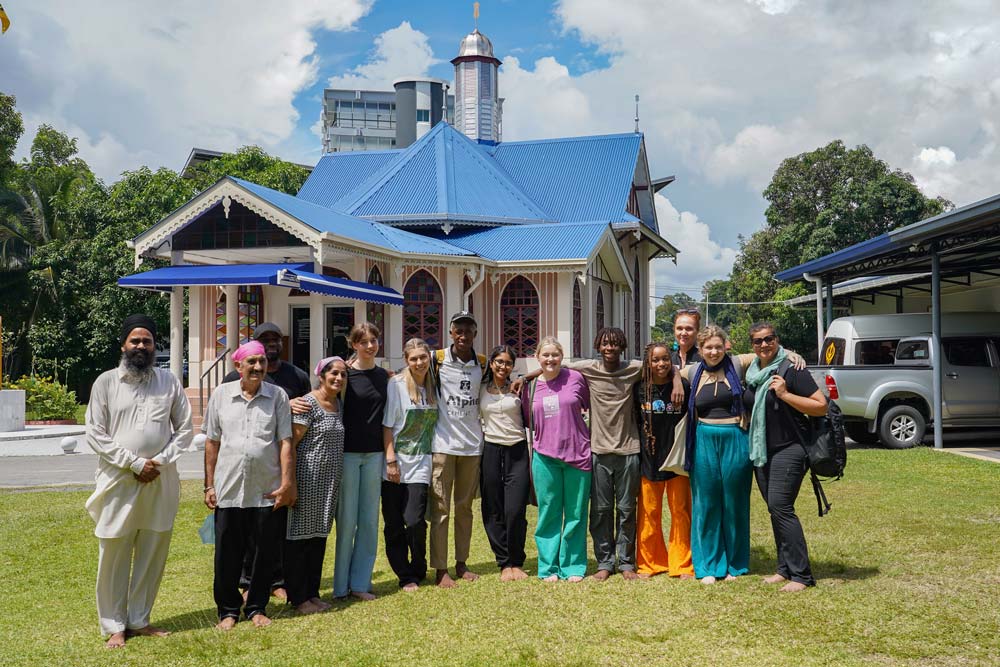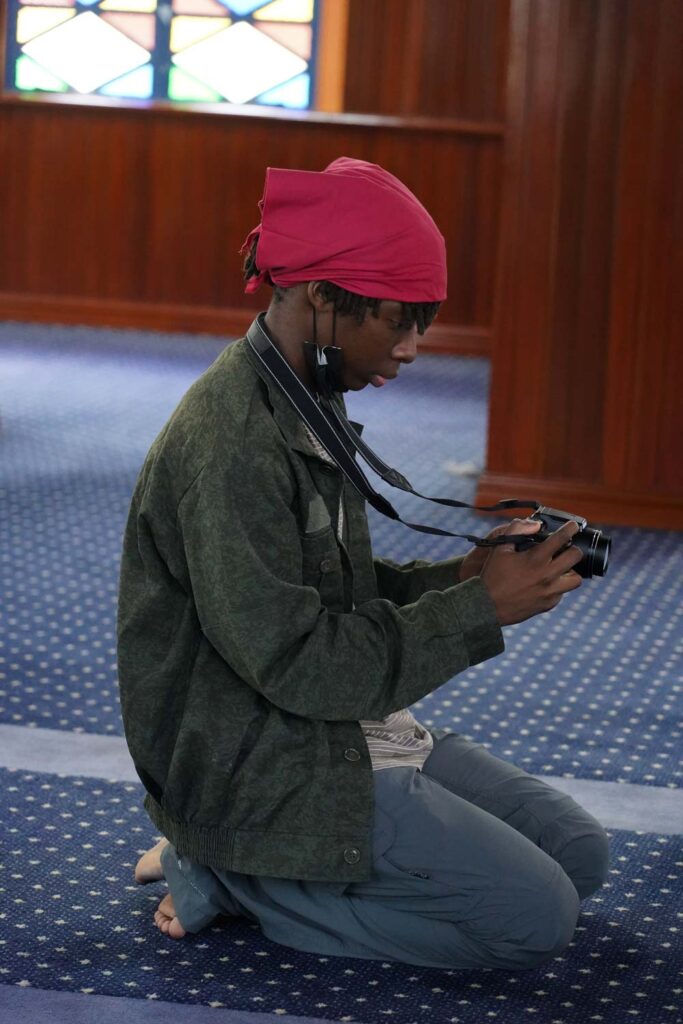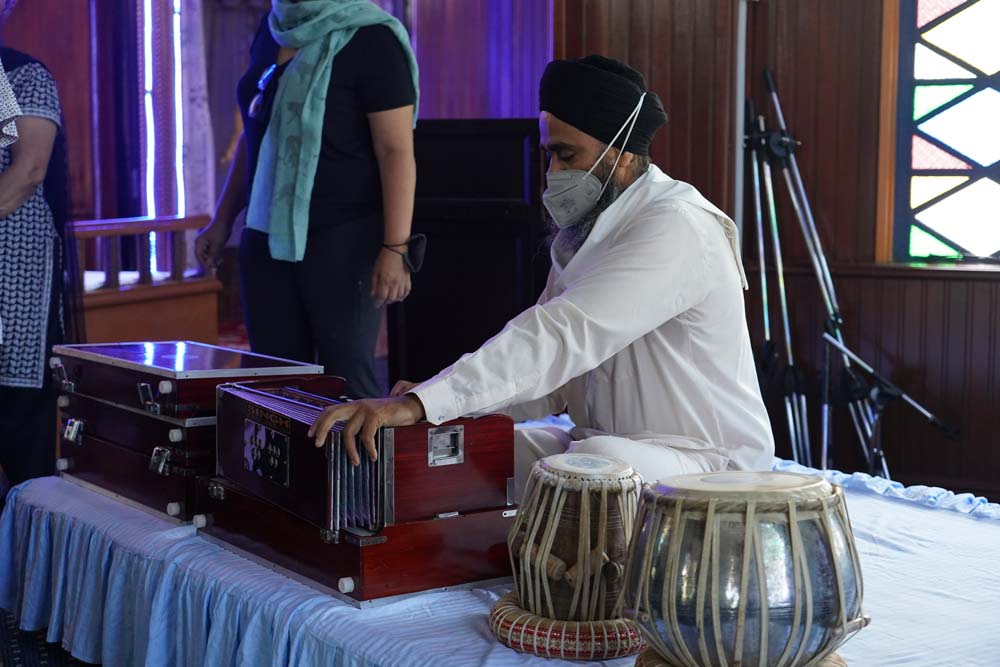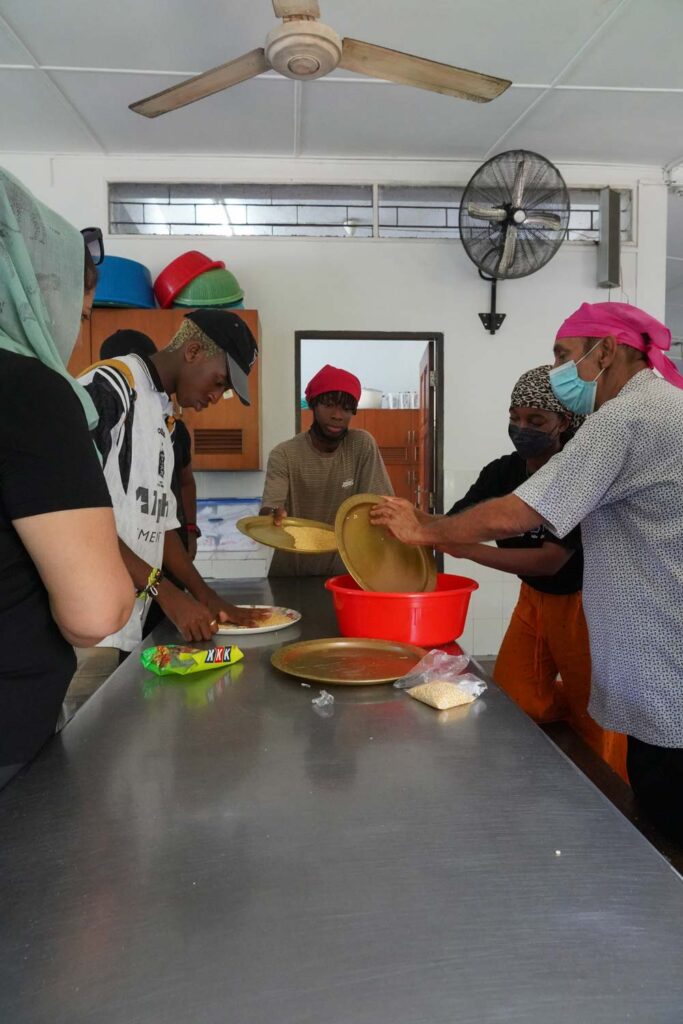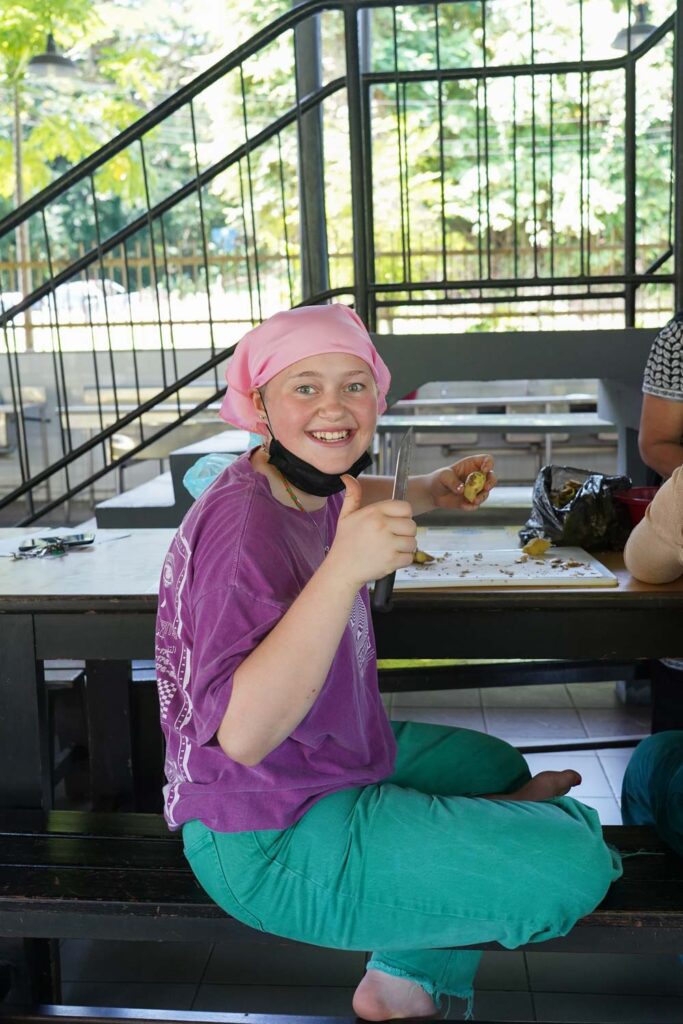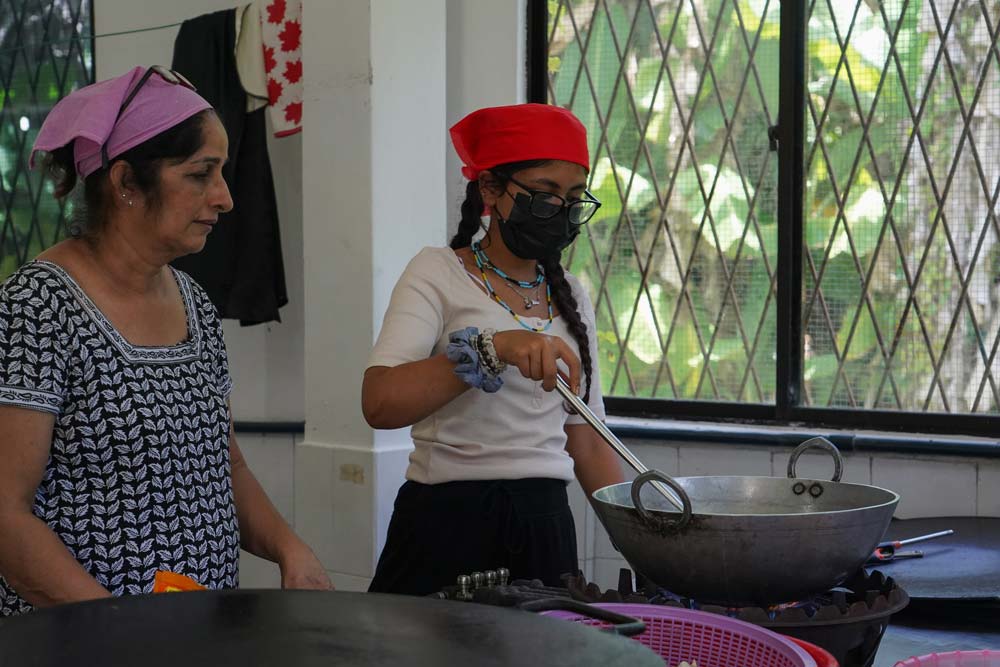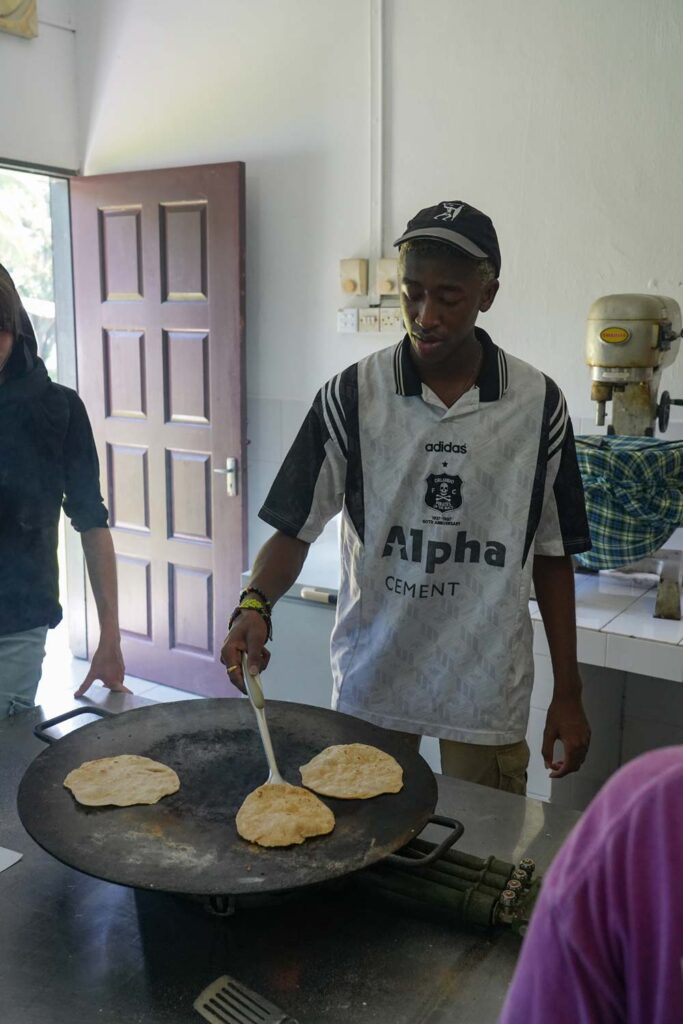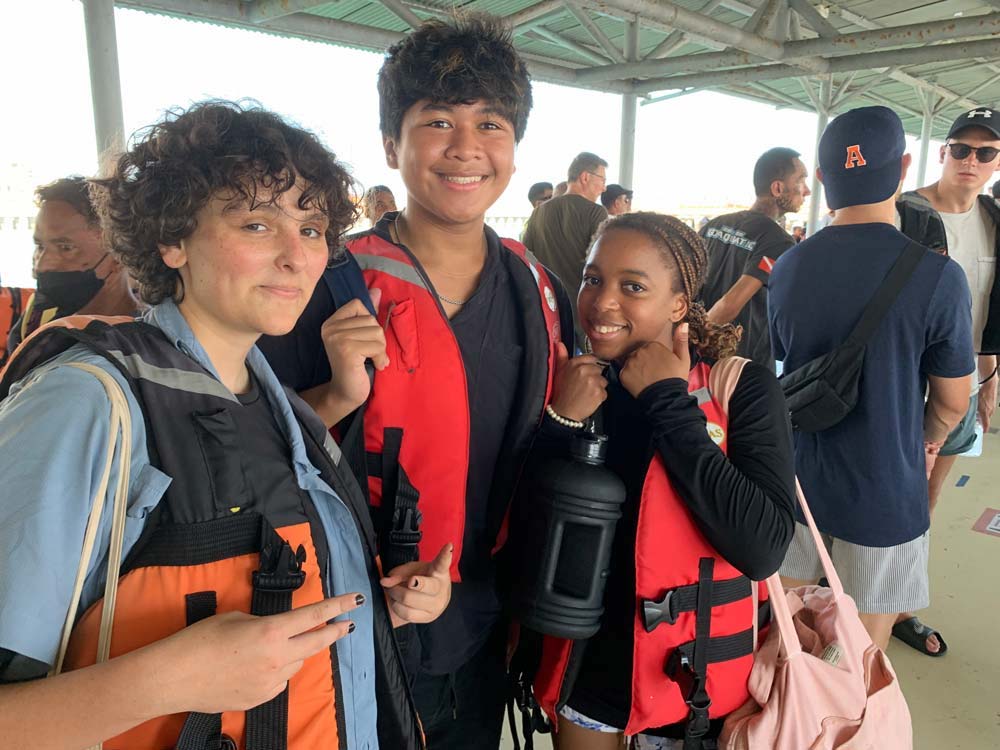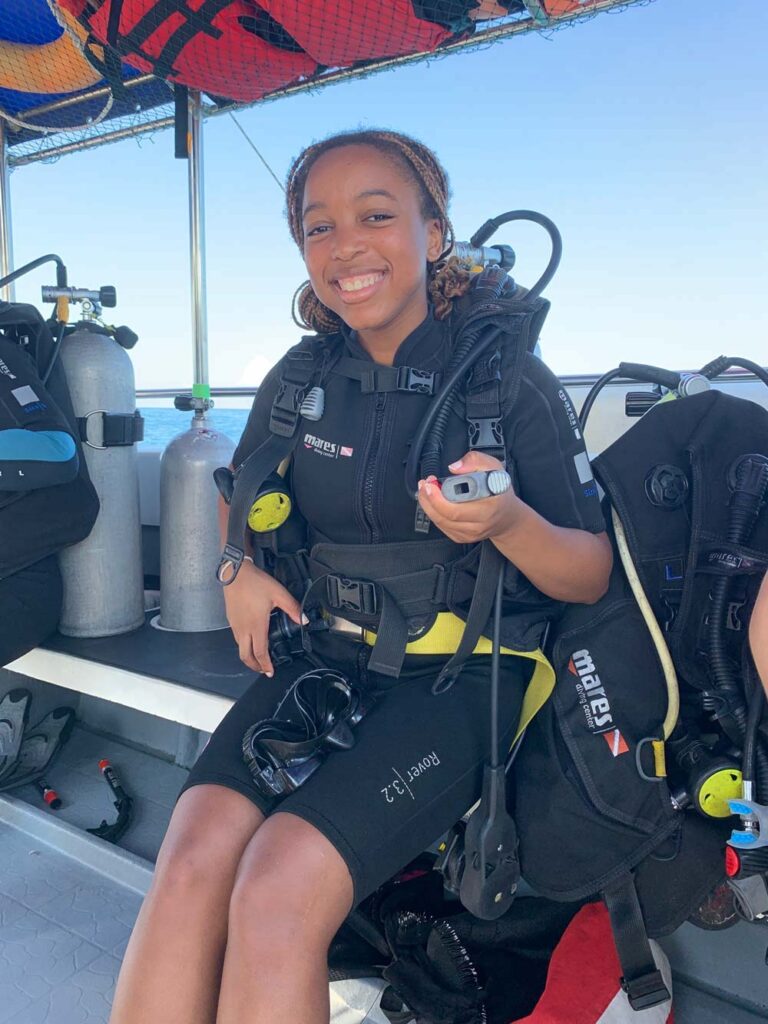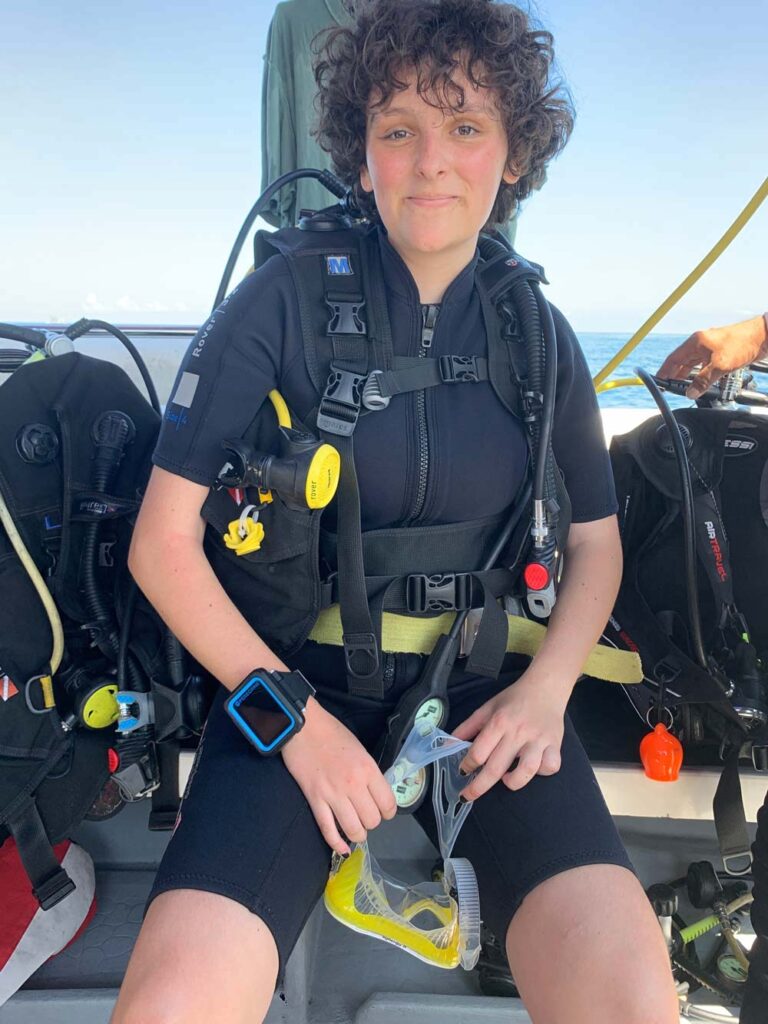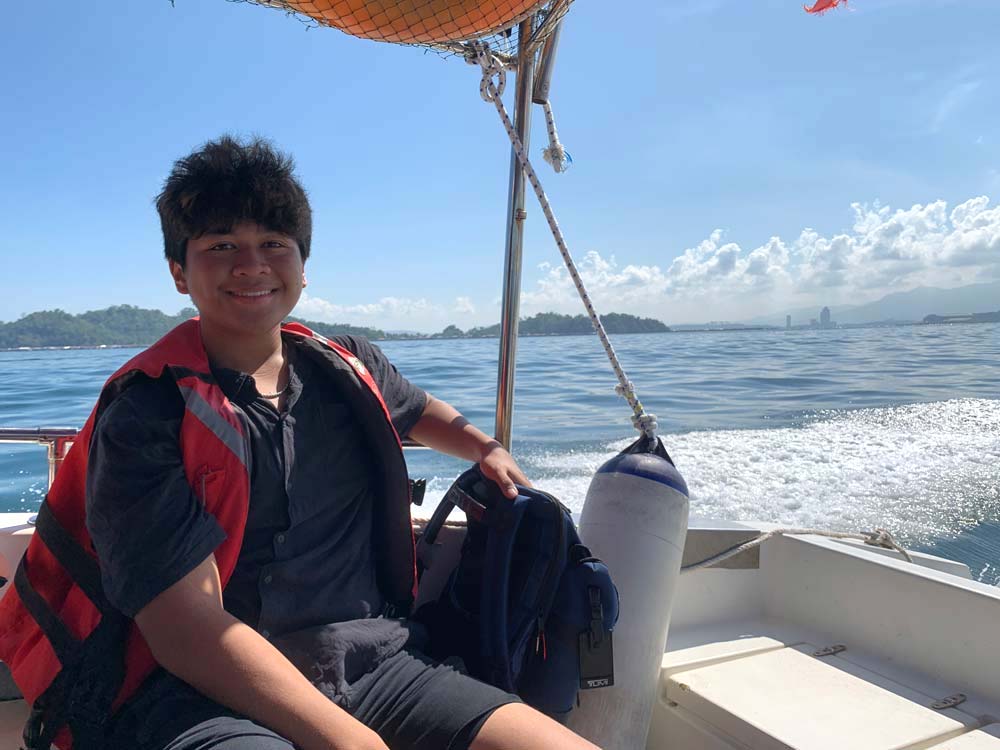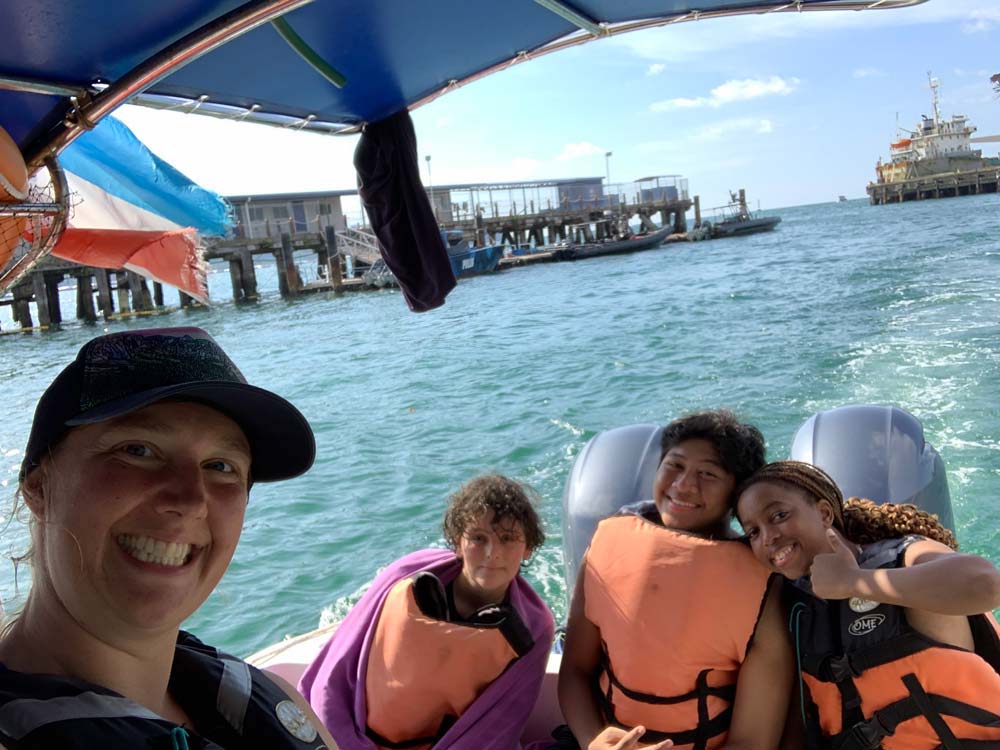1) Hi Nada, can you tell us what you've been up to since graduating from THINK Global School in 2022? Since graduating in 2022, I've been pursuing a passion I found while at TGS, sustainability, and I am currently majoring in engineering in renewable energy systems at Al Akhawayn University, in Ifrane, Morocco. But there is way more than that! I've had a chance also to explore the world of...
Read MoreLike at many schools around the world, a sense of normalcy has returned to THINK Global School. During the 2021-22 school year, many countries opened their doors to travelers again as the risks of COVID declined, and our students returned to in-person learning following five terms of remote learning.
The 2021-22 school year was capped off with our return to Athens, Greece, where students participated in our annual all-school symposium and graduation ceremony. As an attendee myself, it felt great to participate in some of our most important rituals once again, especially in a city as beautiful and historically important as Athens.
Following graduation, suitcases were filled one final time, departure gates were closed, and our students headed home for a well-deserved summer break ahead of the start of the 2022-23 school year.
New Additions for the 2022-23 School Year
For the 2022-23 school year, we are excited to welcome four new educators: Kenzie Kelly, Adam Kemp, Neeki Armani, and Saila Purho.

Alongside our new educators, we also welcomed 24 new students into our fold. These new students hail from 21 different countries and join our 35 returning students, who themselves hail from 26 countries. So, in total: 59 students from 33 countries, making THINK Global School one of, if not the most, geographically diverse schools on the planet.
This geographical diversity is a critical component of a THINK Global School education, as, alongside travel, it opens up an entirely new world of viewpoints for our students. These viewpoints add context to conversations, collaborations, and shared experiences in each country we visit. You can learn more about diversity at THINK Global School here.
Where to for Term One?
For the first term of the 2022-23 school year, CM1 students had the opportunity to visit Malaysia, a first for THINK Global School. Students were based in Sabah, Borneo, one of the world’s most ecologically diverse and wildlife-rich islands. For the term, students called Sabah’s state capital city of Kota Kinabalu home. Home to roughly 250,000 people, Kota Kinabalu offers modern luxuries, plenty of diversity, and ample opportunities to explore the outdoors.
During the term, all CM1 students participated in the same project-based learning module and answered the following driving question: How can we represent the culture of Malaysia and Sabah with photography, writing, and food? More information on this module can be found further down in this post.
Rite of Passage
Introduced in 2017, all new students at TGS participate in the Rite of Passage at the start of their first term. These excursions provide a valuable crash course on the school’s mission, vision, core values, culture, and practices. They also encourage students to challenge their prior beliefs in their capabilities through team-building challenges and interpersonal communication activities.
Another area in which our Rite of Passage provides value is in allowing the newest members of our community to shed their inhibitions and begin the process of building fast friendships with their classmates from across the world. Collaboration is essential during the Rite of Passage, and bonds are quickly formed as students progress towards completing their respective ROP final challenges.
CM1 Rite of Passage
This term, new CM1 students participated in their annual Rite of Passage in Sabah, Malaysia.
Students had the opportunity to participate in a two-day hike up Mt. Trusmadi in the Bornean rainforest. After learning about various survival techniques and preparing for their trek, they climbed over 1,000 meters in elevation and camped in the mossy forest. Some found it challenging, others very challenging.
After facing demanding rainforest elements such as heavy rains, leeches, and slippery terrain, our new students returned to basecamp the next day where they were “initiated” into our CM1 Circle. During this time, the CM1 Cohort also declared its community intentions for the year and celebrated with hosts from the surrounding area.
A big thank you to our hosts at the Mt. Trusmadi basecamp for sharing their hospitality, wisdom, and culture with our students during the Rite of Passage.
Project-based Learning Modules
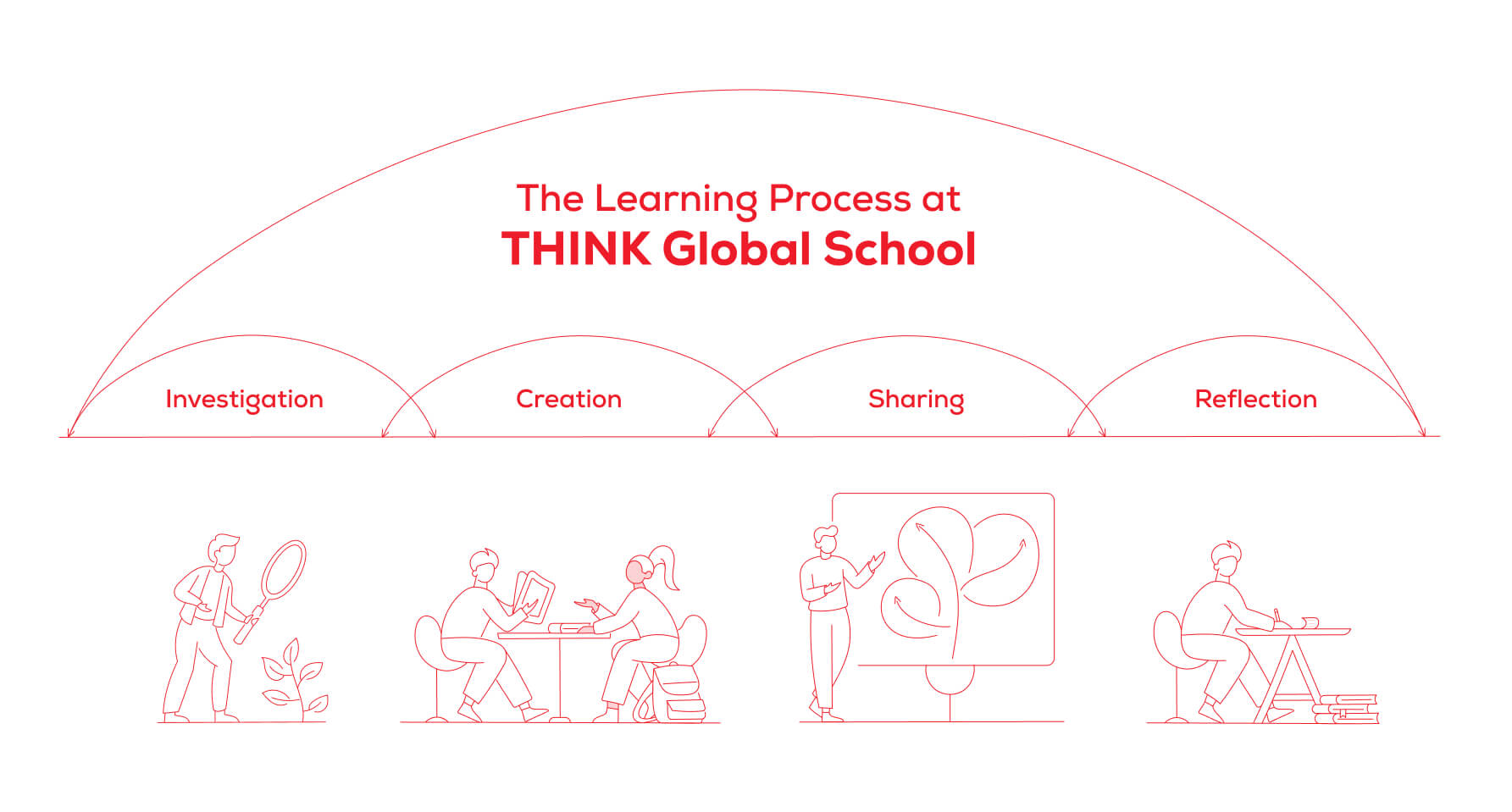
THINK Global School does not employ a traditional classroom dynamic; rather, learning is student-centered and focused on projects that explore real-world challenges.
Each term, students select a teacher-led module to participate in. These eight-week modules are designed by our educators and ask students to solve a driving question by term’s end, with their findings being shared during a community-oriented showcase.
Each module is built on learning targets, which serve as the backbone of our curriculum. By constructing modules around learning targets, we can ensure that each student receives a comprehensive education, as satisfying each learning target at least once is a condition for graduation. Science-themed modules will likely have science-based learning targets attached, while an art project will focus on art-themed learning targets. 21st Century Skills, which include applicable life skills like communication and critical thinking, are also a mainstay of our students’ projects.
You can find all of our learning targets below and learn more about them here.

Makan Lah Module in Malaysia
During their time in Sabah, Malaysia, CM1 students had the unique opportunity to familiarize themselves with the state’s many ethnic groups by consuming their different cuisines and documenting their findings. Students were asked to consider the following driving question throughout the eight-week-long module: How can we represent the culture of Malaysia and Sabah through photography, writing, and food?
Participants were able to choose one of six ethnic cuisines to focus on during their time in-country:
- Kadazan-Dusun Cuisine
- Murut Cuisine
- Bajau Cuisine
- Malay Cuisine
- Chinese Cuisine
- Indian Cuisine
Final product and celebratory end-of-term meal
For their final product, students were tasked with creating a digital food blog highlighting their experiences through the written word and photography. Through the blog, students documented the various elements that go into the cooking of Malaysian food, including cultural and religious practices, linguistics, ingredients, agricultural and climate practices, and economic and trade considerations.
Alongside the blog, students prepared a celebratory end-of-term meal for everyone at the showcase as a way to cap off the term and combine everything they’d learned. The meal was prepared using locally-sourced ingredients and under the guidance of expert chefs. Alongside preparing the ethnic meals which they’d been learning about throughout the term, students produced a unique fusion dish that combined recipes from their home culture and recipes from Malaysia.
Sandakan weXplore
For their WeXplore CM1 students traveled to Sandakan and the Kinabatangan River to learn more about the rich and unique biodiversity in this part of Borneo’s rainforest. With the help of local experts, students set out on early morning river cruises and evening hikes to identify and learn more about the species of plants and animals that inhabit Sabah’s rainforests. They also had the chance to visit an orangutan rehabilitation center and observe orangutans during their feeding time.
On this “tech-lite” weXplore, students were only permitted to bring cameras and laptops to work on their blogs while leaving their phones behind in Kota Kinabalu. This minimized distractions and allowed students to focus on taking photos and writing their blogs.
In addition to learning about the local environment, students had opportunities to continue their exploration of Malaysian food, culture, and history during the weXplore. These opportunities included sharing home-cooked meals, attending a talk about the history of the Chinese community in Sandakan, and partnering with students from a local high school for various activities at the Rainforest Discovery Center.
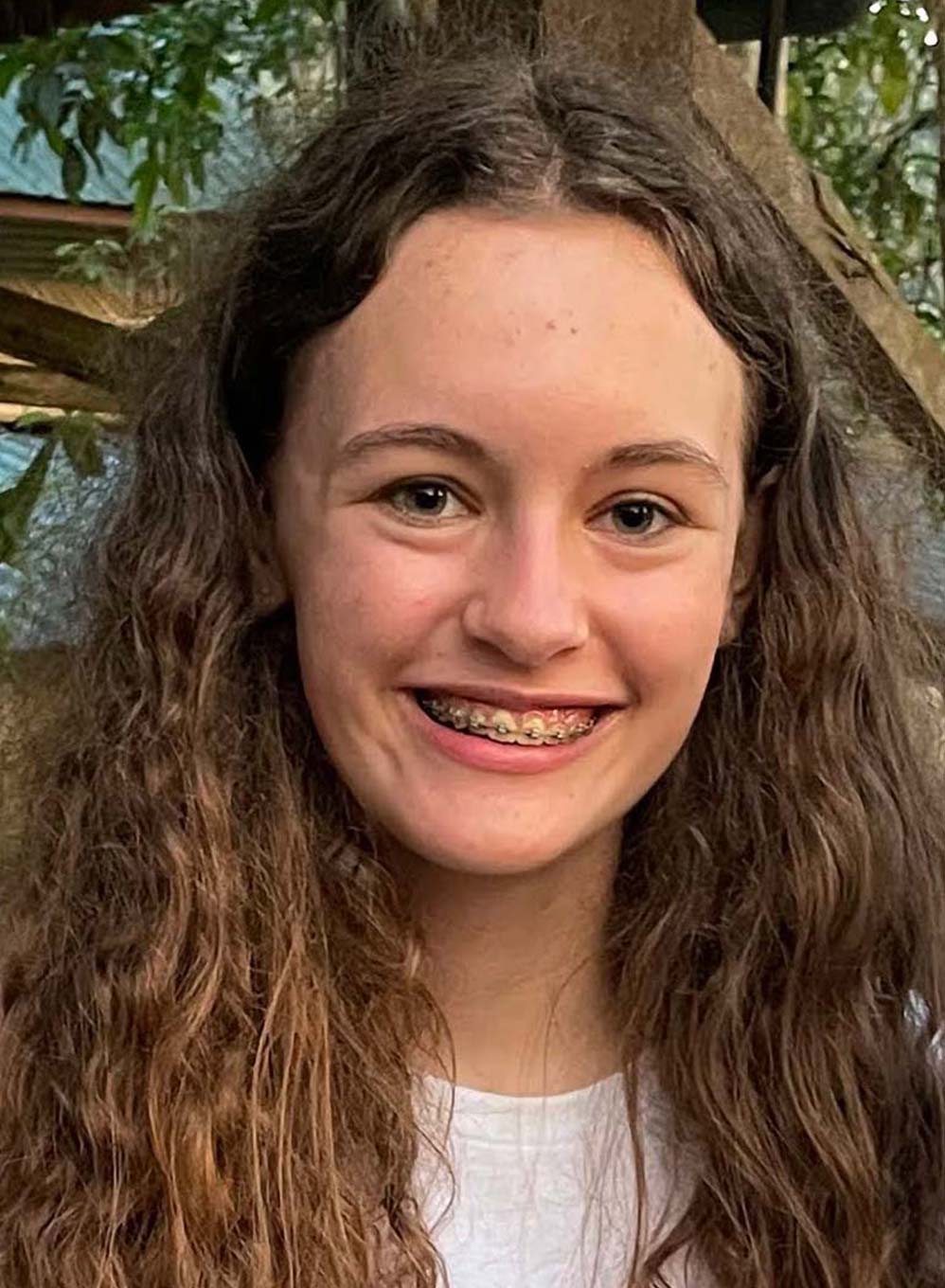
The river cruises were such a great opportunity for us to see the different types of animals that exist in Borneo and their natural habitats. We noticed that the weather was hotter than usual, which is a clear effect of global warming and climate change, and it made us realize the importance of conserving these animals and the impact of climate change on wildlife.
–CM1 Students Arryan, Jessie, and Wil
Sabah Learning Experiences
As students at THINK Global School “learn by doing,” their time in Malaysia was filled with opportunities to interact with the community, watch local experts discuss their customs, and prepare the dishes at the module’s heart.
Outings included meeting with professional chefs at a local culinary institute, where they learned the ins and outs of an industrial kitchen and how to follow Malaysian industry-grade standards. They also met with cultural leaders to explore head-hunting practices, religious beliefs, and the influence ingredients from the rainforest and the sea have on local cuisine.
To ensure their blog posts were up to par, module participants worked with a writing expert to learn professional-quality writing techniques and spent time with skilled photographers who helped them document their module experiences in Sabah.
Mari Mari Cultural Village Excursion
As a teaser introduction to the module, students visited the Mari Mari Cultural Village, a living museum showcasing the five largest indigenous groups in Sabah. This short visit was a reminder that there are many people groups in Sabah – over 100 in total who speak over 200 distinct languages.
During their time at the Mari Mari Cultural Village, students visited recreations of traditional houses, sampled food, and viewed performances by the following tribes:
- Dusun
- Murut
- Bajau
- Rungus
- Lundayeh
Cooking-themed Excursions
Below you can learn a bit more about what experiential learning excursions each cuisine type engaged in:
Kadazan Dusun Cuisine participants visited the rustic countryside village of Kiulu and the Monsopiad Cultural Center, where they learned to cook hinava, linopot, ikan basung masak ampap, and tahau.
Murut Cuisine participants traveled to the Sabah State Museum & Heritage Village — a massive institution focused on passing on knowledge to visitors about the various Indigenous groups who call Sabah home. While here, students learned how to cook several dishes, including pucuk pakis tumis ikan bilis, tungol, and ubi goreng in the Asian Tourism International College’s kitchen.
Bajau Cuisine participants traveled to the Bajau settlement in Tuaran, where they learned traditional fishing techniques (the Bajau are famous for their particular physical adaptations to living primarily in the sea). Afterward, students learned to cook several Bajau dishes outdoors, including lato, tompek, and panjaram.
Malay Cuisine participants learned about the Malay culture through food. Malay refers to the Malay ethnicity and nation rather than citizenship or statehood.
Students started off at the Asian Tourism International College’s kitchen, where they learned to cook nasi lemak, apam balik, and onde onde. Students also visited the Api-Api night food market with photography expert Zaki, who gave them lessons on understanding the exposure triangle (aperture, shutter speed, and iso) in a challenging lowlight and busy setting.
Chinese Cuisine participants started off by enjoying dim sum, known as yum cha, at the Lok Tien restaurant in Kota Kinabalu. Students learned Chinese customs and experienced the exchange of “Chinese” cultures while doing so. Students also visited the Puh Toh Si Buddhist Temple, and learned to cook char kuey teow, chicken dumplings, and lo mai chi in the Asian Tourism International College’s kitchen.
Indian Cuisine participants visited the Gurdwara Sahib Sikh Temple in Kota Kinabalu, where they learned firsthand about the history of Sikhism and the Indian migration to Malaysia and Sabah.
Later in the visit, the group learned about langar, the free cooked meal provided at Sikh temples worldwide to comers of all backgrounds. While they did not cook the official langar for the week, students still had the opportunity to cook a typical communal meal using the langar at the temple. The meal is intentionally vegetarian to accommodate people of all backgrounds and dietary restrictions.
CM1 Personal Project Spotlight
Exploring Marine Ecosystems in Sabah
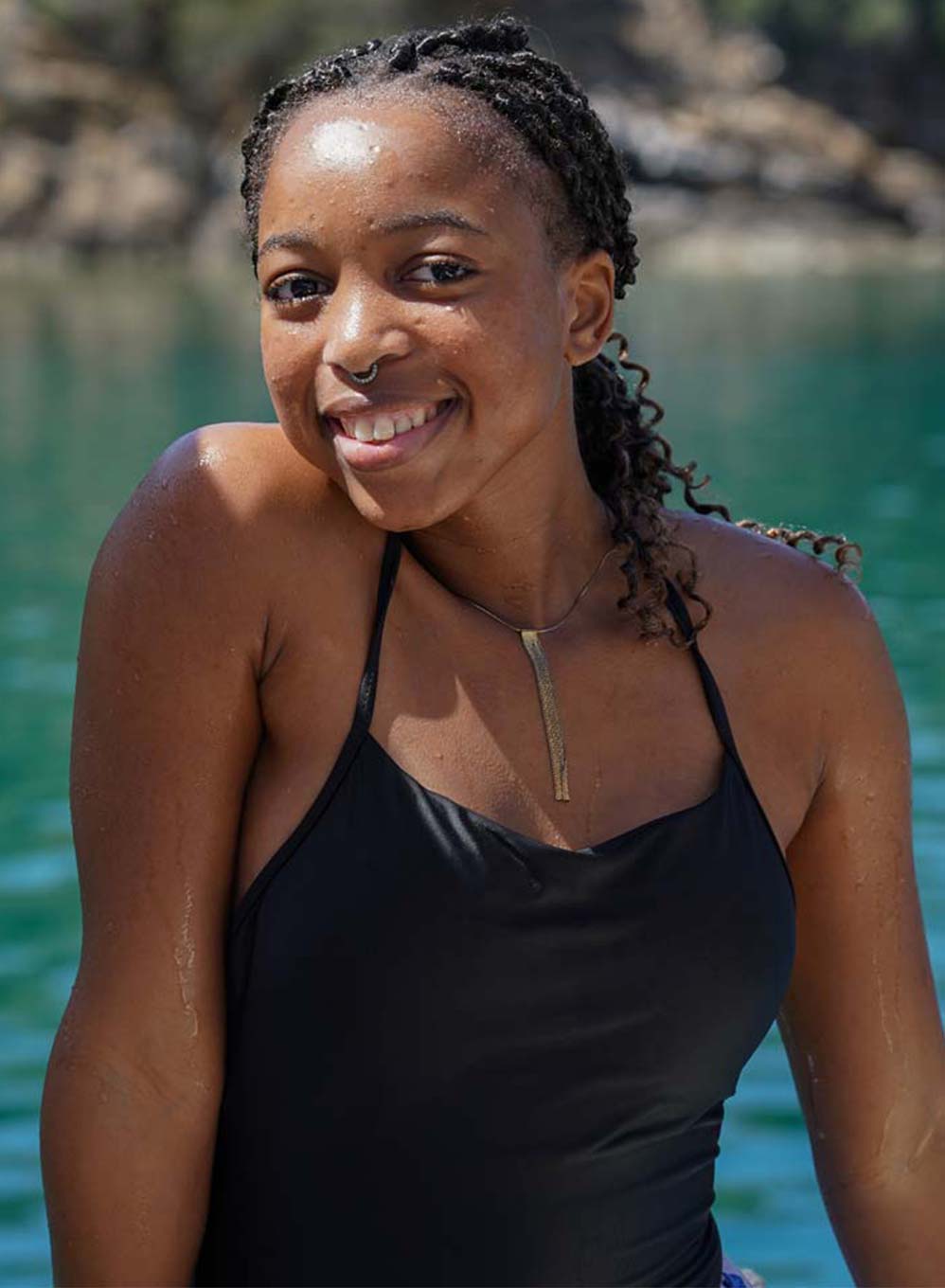
Growing up in a coastal community in Durban, South Africa, I always felt connected to the ocean and wildlife, and I wanted to share that connection with my peers here in TGS. Booming with biodiversity on land and under the waves, Borneo is home to over 600 fish species, and Gaya island is no different; this inspired me to do a GIS project showcasing the fish species in that area. Educating and raising awareness is crucial to building a form of connection between humans and wildlife, as this helps us care about how our activities on land affect ocean wildlife.
-Class of 2023 Student Siphokazi S.
This term, CM1 students Siphokazi, Camille, and Wil took advantage of their access to the sea and Sabah’s marine ecosystems by working on personal projects centered around diving and data collection.
Siphokazi and Camille gathered data in the waters surrounding Kota Kinabalu to create geographic information systems (GIS) maps based on the coral beds and the many fish species present. For the project, they worked with a local dive shop for the data collection and dove at six different sites. Currently, no topographic maps exist for the dive area, so the trio are hoping to develop something that future divers can use. Alongside the duo, Wil has been using his time in the sea to work on a physical literacy project centered around exploring buoyancy, water displacement principles, and human movement.
